|
19/9/2017 "No one told me what it would be like" preparing prenatally for postpartum with Bebo MiaRead Now
When a baby is born, a new family unit is also birthed. There is a lot to learn, and to adjust to. While life goes on around you, for a new parent or parents, their world with a newborn shrinks. It becomes their entire universe. Life’s tasks, which seem so normal, can be more difficult to attain and become a stressor for a new mother. Canadian Doulas, Natasha Marchand and Bianca Sprague, founders of Bebo Mia, have a lot to say about this. Marchand and Sprague are strong supporters of post natal support and believe supporting new parents can change the trajectory of their parenting experience. Most of the pregnancy the focus sits firmly on the birth, but ignores the simple reality, that there’s a time after birth, a long time. In the early days this is when a parent will be the most in need of help. Little things can become big – simply going out to get the milk or putting washing on the line can be left wanting as she struggles with how to even take a shower. These two women work solidly to educate pregnant women that 1) You will need hands on help 2) Get ready to ask for it 3) Be specific in what you ask for Easier on paper, than reality. It may be helpful to note that post birth is a heady time. Visitors can take up a lot of a new parent’s day and also take them away from their baby. It’s so easy to do what we do in our adult lives – push on through. But with a newborn this is impossible. A hungry, tired, over stimulated new born will let his parents know in no uncertain terms what he needs.  photographer: Brooke Lark photographer: Brooke Lark
If only parents in first world countries had the 40 day lie in. What’s that? We are glad you asked.
Known to some as the 40 day lie-in, others as doing the month, there are many names for such rituals. In essence every culture across our globe, except the first world countries, believe the post-natal period is a key snapshot in time, when the person who has given birth is vulnerable to illness, is open energetically and in most need of nurturing. As such rituals for new mothers were created. The new mother is not permitted to go out, cook, get up out of bed (yes it's called a lie in for a reason). She is kept warm, not permitted to use air conditioning, told to avoid spicy foods, is nurtured, fed (with high protein broths, soups and slow cooked food), plugged with herbs, remedies and massages. Both she and baby are held, supported and swamped with love. Let’s now take a peek at our society. Parents are expedited out of the hospital system before they’ve learned how to feed, sent home to homes where, on the whole, community is not close by. Partners usually have to return to work and the stay at home parent is expected to pick up where life left off, because life hasn’t stopped. Households need to keep running, shopping needs to be bought, meals cooked and this falls to the one at home. For that person, if they were once working, this can be a most trying this time. The stay at home parent can feel forced into a role they didn’t expect. Add into the mix a baby - who parents are still getting to know, and the stress of learning how to navigate those early days (feeding, sleeping being a small part of this) and it looks a lot like a recipe for disaster. Sprague and Marcharnd have some tips. The first is to ask and ye shall receive. Ask visitors for help. Be specific. Please can you pick up milk on your way through and please can you actually put the milk in the fridge when you show up? This can be easier said than done, but Marchand and Sprague know that to get this right, is almost key to the stay at home parent’s well being. The Bebo Mia team suggest putting a plan in place before birth so the new parents don’t need to think about this afterwards- a schedule of sorts. Most pregnancies move into a nesting phase- just before birth. Why not incorporate this into a list of things to do? For example, before birth the parent to be could look around the house- what are the day to day things that keep the house functioning? Here’s a suggestion
The good news is that Marchand and Sprague have done some of this work already. Go to BeboMia.com/postpartumplan to create your postpartum plan. For those residing in Australia here are a couple of resources to post on the inside of your cupboard. Australian Breastfeeding Association has a 24 hour, seven days a week breastfeeding support line 1800 686 268 and their website www.breastfeeding.asn.au PANDA (Perinatal Anxiety & Depression Australia) National Helpline (Monday to Fridday, 9am to 7.30pm) 1300 726 306. 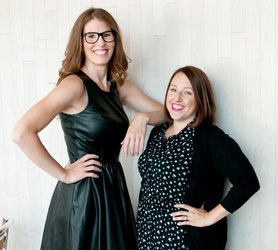
Our guests for this episode: Natasha Marchand and Bianca Sprague are doulas, health practitioners and founders of Bebo Mia, which offers post natal support for doulas seeking business training, as well as Maternal Support Practitioner training program.
written and produced by:
Kimberly Lipschus
0 Comments
Medicine EmergingBy addressing root cause, rather than symptoms, practitioners become oriented to identifying the complexity of disease. They may find one condition has many different causes and, likewise, one cause may result in many different conditions. As a result, Functional Medicine treatment targets the specific manifestations of disease in each individual.
QUESTIONS
Our Australian Healthcare system is considered to be one of the best in the world, it came shy just after the U.K. Second best. Countries that provide their citizens with universal healthcare not surprisingly, sit at the top of the list. The USA with its failing and ailing system came at the 11th hour, just making it. Our Aussie system offers generally really good healthcare to all Australians.
That being said; there are a few factors that hinder our wonderful health care system:
Vaccines. Anesthesia. Penicillin. Bypass surgery. Decoding the human genome. Unquestionably, all are life-saving medical breakthroughs. But one breakthrough that will change the face of medicine is being slowed by criticism, misunderstanding, and a reluctance to do things differently. That breakthrough is value-based care. - Toby Cosgrove, Harvard Business Review CURRENT SYSTEM
Globally, If feels like medicine is finally emerging from the stupor of teenage-hood.. what with reckless behaviour in its past (performing lobotomies on women in the 1950s), and a new found awareness of the consequences of its actions in the present (handing out antibiotics like they were candy, is all over), medicine is finally growing up. But just like any evolving young adult where the frontal cortex may be finally finished its long-awaited construction, it will take years of practical actual practice and varied degrees of success depending on the environment & previously acquired conditioning, to determine which of these "teenagers" will end up on top of their game and which will be fumbling in the dark. Those that seek and receive support and implement change systematically with a clear plan, will be more likely to survive than their counterparts.
As mentioned by James Maskell in part one of this special feature, the US is a fertile ground for change in Medicine specifically because how messy the system is. Aussie practitioners and consumers are less likely to want to make hefty changes, and this is mostly due to the ease of access to services and comfortability of the system. BUILDING VALUE BASED CARE
Toby Cosgrove in The Harvard Business review covered value based care back in 2013: “Vaccines. Anesthesia. Penicillin. Bypass surgery. Decoding the human genome. Unquestionably, all are life-saving medical breakthroughs. But one breakthrough that will change the face of medicine is being slowed by criticism, misunderstanding, and a reluctance to do things differently. That breakthrough is value-based care”
"I can make diseases disappear" The wonderful Rangan Chatterjee starts his popular Ted Talk with this sentence.
THE PROVIDER + THE MICROPRACTICE
Sounds pretty wild what he’s claiming but not only has his talk been listened to over 600,000 times, BBC UK is already in its second series following Dr Chatterjee around seeing how his approach to healthcare is changing the lives of his patients, using Functional Medicine style interventions first - spending a considerable time investigating the upstream causes of disease, before deciding on a course of action.
Another place people get information about health and healthcare is from the media. As you will hear on the podcast Pilar Gerasimo discusses the impact of the media, in informing and misinforming the public on healthcare and medicine, leading to further confusion for the consumer. Pilar Gerasimo is founding editor of Experiance Life, an award winning whole-lofe health and fittenss magazine that reaches nearly 3 million people across the USA. Speking at a Functional Forum confernec on the Evolution of Primary Care Panel back in May 2017. Patient Zero On the podcast, we will be hearing from four health care providers on the topic of what is now coined Patient Zero - that is that the physician or practitioner themselves become a patient and get to experiance the health oriented appriach and what it is like on the other side of the table. Naturopathic Doctor and Director of Medical Education at the Institutre for Functional Medicine Kristi Hughes highlights the importance of physican work-life balance. Australian GP Dr Tom Rolley asks the question - can a GP be unhealthy? Dr Sachin Patel models healthcare through his own health and Dr Thomas Salt, talks about operating as Micropractice and the essence of being a healthcare practitioner. DEPRESSION IS NOT PROZAC DEFICIENCY
Dr Mark Hyman
Depression can be caused by many things, many of them easily treatable. The current system of medicine operates as a disease management system, which under its care, depression is treated with either psychology or prozac or both. Yet a psychologists' appointment cannot cure a vitamin D deficiency and prozac does nothing for finding the upstream cause of the patients symptoms. In acute care, when we focus on the problem at hand (a heart attack, severe asthma, car accident patients etc), we are doing the right thing. We are looking at the problem at hand and fixing it with the immediacy it deserves.
In primary care, when we focus solely on disease, its symptoms and manifestations and how to curb/manage/mitigate these symptoms - we are neglecting the very causes that created the disease in the first place and we end up accumulating dust under the rug. Functional Medicine does Chronic Disease better. It looks at the root cause or upstream source of disease rather than attempting to nearly manage symptoms, or manage disease. It is also proactively involved in health promotion, health creation and health maintenance. Practitioners take into account everything that is going on for the patient, as well as treating organ imbalances and disease as part of a whole system, not just within the system of that organ. See the tables below for further clarity. WHERE TO FROM HERE / THE THIRD OPINION
Dr Mark Hyman distills the essence behind the principles of Functional Medicine, you can read and watch the video at www.ifm.org/functional-medicine/ Dr. Hyman is a practicing family physician, a ten-time #1 New York Times Bestselling author, and an internationally recognized leader, speaker, educator, and advocate in his field. He is the Director the Cleveland Clinic Center for Functional Medicine. He is also the founder and medical director of The UltraWellness Center, chairman of the board of the Institute for Functional Medicine, a medical editor of The Huffington Post, and was a regular medical contributor on many television shows including CBS This Morning, Today Show, Good Morning America, CNN, and The View, Katie and The Dr. Oz Show
As discussed in part one of this 2-part special feature, I am exploring The Changing landscape of Medicine around the world and how Australian physicians and consumers are inspired to ask better questions about our healthcare system.
Doctors and practitioners around the world are finding new ways to practice medicine in a sustainable patient-centred and health oriented way. Those that have taken the leap can attest to the success of their approach and are seeing change in their patients and the systems around them. It would be virtually impossible for a huge system like the current medical system to change overnight, in fact it may never change to incorporate the changes it really needs to be sustainable. James Maskell, whom i was very fortunate to interview recently on his trip to Australia and who is featured throughout part one and two of this special feature, often quotes the wonderful Bucky Fuller with his insightful: “You never change things by fighting the existing reality.
In Australia Functional Medicine is slowly catching on as more people hear about it, more consumers are looking for physicians and other healthcare practitioners that practice Functionally and physicans and practitioners are reassessing the way they deliver healthcare.
Responsibility in reinventing healthcare to be the glorious sustainable and equitable service we all want it to be lies in all our hands - from the institutions that train healthcare professionals, to the governments that design and build them, to the consumers that inform and use these services, and beyond. Revisioning Medicine is a humankind project - taking into account everything we have learned and believing we can do better. We ALL need to start telling the new story of healthcare. As Yuval Noah Harari stated in his Sunday Times bestselling book; Sapiens: A Brief History of Humankind; “The ability to create an imagined reality out of words enabled large numbers of strangers to co-operate effectively. But it also did something more. Since large-scale human cooperation is based on myths, the way people co-operate can be altered by changing the myths – by telling different stories”. To change something, build a new model that makes the existing model obsolete.INTERVIVIEWEES / APPEARING IN THIS EPISODE
COPYRIGHT PBB Media, Annalee Atia 2017
LINKS, CITATIONS AND FURTHER INFOWe are excited and honoured to be sharing the following article with our readers. We have been following Marion's work both professionally and personally for several years now and love her positive and truthful support for mothers and families. Marion Rose, Ph.D has thirty years of experience in studying consciousness, including a Ph.D. on the mother-infant relationship from Cambridge University. She has loads of free and paid resources on her website to help with that! Marion has written a book and created a special course on Willingness, both will be out soon. In this article, I'm going to talk about the links between a child's willingness, The Willingness Practice, Aware Parenting and Nonviolent Communication. WHAT IS WILLINGNESS? The easiest way to experience your willingness (and unwillingness) is first of all to connect with something tangible that you want to do, have or be. For example, you might want to do some yoga today. THEN ask yourself, "Am I willing to do some yoga today?" And then, with RADICAL SELF-HONESTY, listen to the answer. A YES is a full, whole body YES, with a tone that resounds through your whole body, and you might find yourself smiling. A NO is clear too! And you might say "yee...s", but it's not a full, certain yes. It's you wanting to say yes. You can feel in your body that it isn't a yes. You can feel some hesitation. It's a sense of the yes coming from your head, but the rest of your body isn't involved. It's a thought rather than a whole body experience. That's us being unwilling. Why might we not be willing to do, have or be what we want? Well, the answer to that comes from the next questions in the practice, which are: "Why not? What am I scared of? What am I protecting myself from?" The answers to this tell us why not. It's generally past feelings of hurt that get in the way of us being willing to have what we want. These can include:
RESPONDING TO A CHILD'S WANTING, WILLINGNESS and UNWILLINGNESS How our wanting, willingness and unwillingness were responded to as children, and how we respond to our children, has a profound impact. Many of us grew up in the old behaviourist paradigm of punishments and rewards, guilt and shame and were taught to be obedient. If we generally had little choice over what we did and didn't do; If we experienced power-over and a lack of respect for our unwillingness; If we were frequently punished or rewarded, or shamed and guilted; These experiences disconnect ourselves from our true wanting and willingness, and can often make it hard for us to be truly willing to cooperate with ourselves and others. We lose connection, to some degree or another, to our own power and our own self-connection and the power of our willingness. We might do what others say, but out of guilt and fear of punishment, rather than true willingness. Or we might do what we want, but by coercing ourselves with guilt and self-punishment. We learn to act more from shoulds, have-to's an forcing ourselves, which is WAY LESS POWERFUL than true willingness. WHY MIGHT A CHILD NOT BE WILLING TO COOPERATE? If we ask our child to do something, what are the reasons why he might not cooperate? This is where Aware Parenting comes in. As Aletha Solter so beautifully described, there are often three reasons why a child isn't willing to cooperate with us. The first is that they don't have the information that they need. In my experience, this reason is the least common one, but the one that our culture believes is generally operating. In other words, if our child is doing something we don't want them to do, or not doing something that we do want them to do, and isn't willing to change that, then we give them information. The second is that they have unmet needs. In other words, they're not willing to cooperate with our needs, because they have other needs that they are trying to meet in that moment (I love how this fits with NVC - when we ask someone "would you be WILLING to...", and they say no, we know if it is a true request rather than a demand if we understand that when they say no, they are saying yes to something else, and aim to offer them empathy for whatever that is!). The third reason a child isn't willing to cooperate is often the most common reason. That is because they have pent up painful feelings that are getting in the way of them cooperating. Those pent up feelings might mean that they feel so agitated in their body that the only thing they can focus on is that agitation and trying to not feel it. Those pent up feelings might mean that their top priority becomes either repressing the feelings or releasing those feelings - if the latter, they may then locate those feelings on whatever we are asking them to do or not do, and will start to cry or tantrum. Or, it might be that when we ask them if they're willing to do something or stop doing something, those old feelings of powerlessness arise. This is how the psyche is designed to work. When we are in a situation that reminds us in some way of a past situation where painful feelings weren't heard, then those feelings come up in the present situation, so that they can be heard and healed this time. So, when a child (or adult), is asked to do something or stop doing something, old feelings around not having choice, their choice not being respected, being coerced, or feeling powerless can come up. This can be from past things we've done as parents - times where we've used our greater physical or emotional power to make them do something. Or it can be from things like medical procedures during or after birth, or dentist visits, or times where they didn't have choice about what happened to their bodies. It can be from times that they weren't responded to, such as crying alone or calling out as babies and no-one coming. All these feelings can arise in the present moment when we ask our child if they are willing to cooperate. And the wonderful thing is, that Aware Parenting gives us the tools to help our children to be freer to be willing to cooperate. The more children have the reassurance that we will aim to respect their choices and their true willingness and unwillingness, the freer they will be to cooperate with us. HELPING OUR CHILDREN TO BE FREE TO BE WILLING TO COOPERATE These are the flip side of all of the above reasons. 1. We can give them information; 2. We can give them plenty of choices; 3. We can do our utmost to meet their needs, especially for autonomy and choice; 4. We can listen to their feelings of powerlessness through listening to their tears and tantrums with loving compassion. 5. We can help them release old feelings of powerlessness through power-reversal games. 6. We can find ways to meet their needs and our own. (eg. if they are saying no to something, we can look at what we are needing and what they are needing and find a way to meet both of our needs.) 7. We can avoid using power over them, and if we do ever resort to power over, we can help them heal by giving empathy and listening to their feelings. 8. We can avoid using punishments and rewards, shame and blame, guilt, shoulds and have-to's. 9. We can give them reassurance that we won't use force, and will listen to their yeses and no's. 10. We can offer more connection, because the more connected with us they feel, the freer they will often be to cooperate (unless big feelings are coming up to be heard). And we can add that lovely way of making requests that NVC gives us, "Would you be WILLING to..." And we could also reflect back to them, "Oh, you're not willing to....?" I LOVE that NVC is so much about willingness. I remember Marshall Rosenberg talking about his own family, and how he told them that he only wanted anyone in the family to do something if they could do so with the joy of a child feeding ducks. That's willingness - the joy of contributing to someone else, knowing that we are also free to say no, if it really isn't alive for us. And I love that terminology in NVC too - "What's alive for you?" - and to me, that fits so closely to what we're talking about here - willingness is all about what's alive and true and here and now in our bodies. The more children have the reassurance that we will aim to respect their choices and their true willingness and unwillingness, the freer they will be to cooperate with us. All of these ways include a deep sense of COMPASSION for our children, a respect for their own inner barometer, and a willingness to listen to them and respect their own unique selfhood. The wonderful thing I've found is that the more I listen to my own wants, willingness and unwillingness with loving compassion, the more I am able to listen with absolute unconditional love to my children's wants, willingness and unwillingness. .. Which means that they will at times not want to do what we ask them to do. They will know their own truth. They'll be connected with radical self-honesty and radical self-compassion. And this can be SO HARD for us as parents.. WILFULNESS AND COMPLIANCE I often hear the term "a wilfful child" - which often refers to a child who doesn't generally cooperate. Often, it's seen that that child is strong willed. But the way I see it is that they aren't actually connected to their true will. Rather, it's often accumulated unexpressed feelings from the past that are getting in the way of them being able to be willing. A child's true nature is the desire to connect, cooperate and contribute, as long as they don't have other needs that they need to meet in that moment. The more we are able to stay connected with our child, listen to their painful feelings, give them choices when we ask for their willingness to cooperate, and make things fun, the freer they are to be willing to cooperate. This means that they stay connected to their true will. They know what they want and don't want, and what they're willing to cooperate with and not cooperate with. Giving choices, listening to our child's willingness, and doing all we can to respect their needs, autonomy and willingness, helps our children stay connected with themselves. However, this doesn't mean we will have a compliant child! When we bring up our children like this, they will stay true to themselves. They'll want to cooperate at times, yes, AND they won't do it out of a sense of obligation, guilt, fear, shame, or lack of choice. Which means that they will at times not want to do what we ask them to do. They will know their own truth. They'll be connected with radical self-honesty and radical self-compassion. And this can be SO HARD for us as parents, for a couple of reasons: 1. We live in a culture where parents often don't have much support, and so we will often ask our children to meet our needs, because we don't live in a tribal community where there would be plenty of people around to help meet our needs. 2. We may want our child to be deeply connected with herself, and to be able to say no, but the child in us that didn't get to have that can often feel jealous or rage or hurt when our child is free to be true to her willingness, when in her situation, we were faced with punishment, shame or shoulds. OUR CULTURE Talking of our culture, I think so much of this is cultural. A lot of this is actually caused by nuclear families. I can remember so many times when I would be alone with my child or children, and I wanted to go out or do something, and they didn't. If I'd lived in a tribe, I could simply ask them if they were willing to come, and if they weren't, they could stay with others in the tribe and choose to do what they wanted. It's often a lack of cultural support then, that leads to us often feeling frustrated and powerless, which then also connects us to our childhood feelings of powerlessness, which is often where we use power-over our children, which of course means that they feel powerless and are even less willing to cooperate! I've found such a shift in this as my children have got older - my daughter is 15, and if she doesn't want to do something that I want to do, I feel comfortable for her to stay at home. And my mum lives in a granny flat in our garden, which means I'm comfortable for my 11 year old son to stay at home too. I'm also grateful for our entrepreneurial and homeschooling lifestyle, which means we all get to choose what we want to do and are willing to do! WILLINGNESS AND SELF I believe that connecting in with what we want and what we are willing and not willing to have, do and be, is a very direct and simple route in to our self. When we listen honestly to our willingness, we are deeply hearing ourselves. And when we are truly willing to have, do or be what we want to have, do or be, it's a deep connection with ourselves. That deep connection with our willingness has a powerful generative force. When I'm willing to do something, there's a deep feeling of joy. I'll often smile. I believe that is the divine inner marriage. It's the marriage of love and will, self-honesty and self-compassion, wanting and willing. UNWILLINGNESS So, the reason that we are unwilling to cooperate with what we really want are often the same as when our children are unwilling to cooperate with us. It's often those past hurts that are getting in the way, as well as us coercing ourselves to do things through should and have to. Past painful feelings are the main cause of our unwillingness and our child's unwillingness. And again, this is where NVC is so helpful. I remember first learning about the importance of our need for autonomy, and how, when we demand something (eg. "you should do this, you have to do this," or shaming someone into doing something), then that person is unlikely to be WILLING to do that thing, even if they had wanted to do it beforehand, because of their need for autonomy. And it's the same internally too. If we should ourselves, have-to ourselves, or shame ourselves into doing something, then we are way less likely to be WILLING to do that thing, even if we actually WANT to do that thing. Connecting with what we want and our willingness is helped so much if we let go of shoulding, have-toing and shaming ourselves into doing things. It IS possible to do this! (I've done it, so you can!) AND shoulding, have-toing and shaming ourselves also gets in the way of us knowing what we actually WANT and are WILLING to have, do and be! The more we compassionately connect with ourselves, our wants and our needs, our willingness and unwillingness, and are RADICALLY SELF-COMPASSIONATE, the more connected with ourselves we are! RADICAL SELF-COMPASSION In The Willingness Practice, if we aren't willing to have, do or be what we want, then the next step after listening to why not, is to give absolute unconditional love to all of the fears that we have. Those parts of us need to be heard. Often in our culture we are taught to force past fears. But when we truly hear the part of us that is afraid to get hurt in some form or other, until she feels deeply heard, we can then move on to giving her reassurance, information, support and protection, so those parts of us are then free us to say, "YES, I AM WILLING!" Those parts are there just wanting to protect us from getting hurt again. By giving them unconditional love and then unconditional reassurance and encouragement, they have that reassurance that we are here now, caring for ourselves and taking responsibility. LIFE RESPONDS TO OUR WILLINGNESS Life responds to our willingness, rather than our wanting. Remember what I said before about willingness being a whole-body thing? It's energetic, this whole body feeling of willingness. And it's that which Life responds to. Life responds to what we're willing to have, do and be, NOT what we want. This is why this requires RADICAL SELF-RESPONSIBILITY (a term from The Field Project). Much of what shows up in our life is a reflection of our willingness. I know that if something isn't showing up that I want, that generally when I do a Willingness Practice, I find that I wasn't actually willing to have that thing! The people in our lives also respond to what we're willing and not willing to have - because it's an energetic thing! WHY I DON'T USE THE WORD 'PROCRASTINATION' I don't use the word, because if I am wanting to do something and I'm repeatedly not doing it, I know that that's because I'm scared of what might happen if I do that, and I'm protecting myself from those feared things. I prefer to call it 'protection'. And the thing I find is, that when I give unconditional love to the fears, and when I thank the parts of me that are protecting myself from those things happening AND THEN give them all kinds of reassurance about how I'm taking care of them now, then I'm free to act with willingness. I love this RADICAL SELF-COMPASSION. It means including ALL the parts of us. Unconditionally loving the parts that are afraid. Unconditionally loving the parts that are protecting ourselves. Listening to them, loving them, reassuring them, until WILLINGNESS COMES. And THEN we can freely take action. Not from a should, or self-judgment, or self-shaming, or have-to's (which are all not respecting of willingness and honesty with ourselves), but from a WILLINGNESS. And the wonderful thing is that doing something from a sense of willingness generally feels flowing and joyful and energising and fullhearted and fullbodied. We are bringing ALL of ourselves and ALL of our energy to the action. Whereas, when we act from a should or a have to or shaming, then we are cut off from our bodies. Our minds are forcing us, but our body energy is more about fear and self-protection. And that is WAY LESS effective! WHY FORCE DOESN'T OFTEN WORK If we're not willing for something, yet we keep forcing ourselves in the direction of that, then often one of two things happen: 1. Life prevents that thing from showing up, in the form of illness, technical issues, computer glitches, power issues, car hitches and so on - that's because Life is protecting us from whatever it is that we are afraid of, which we haven't given deep compassion and reassurance to. 2. Life brings us what we are afraid of, and didn't lovingly listen to. The past hurts come up to be heard and healed, and if we're not listening to those with loving compassion, then Life will bring us reminders in the present so that we will hear and heal those parts hurts and fears. My experience is of profound empowerment, knowing that I can start my day off with The Willingness Practice, AND respond to technical glitches, car hitches, or health issues with The Willingness Practice. We're claiming our true power as co-creators of our lives. And whilst it can be deeply deeply painful at times when we just AREN'T willing to have what we long for, despite all the self-compassion and reassurance, at least we know that it isn't that Life is against us. It's just that we have more healing and listening to do! WHAT WE'RE NOT WILLING TO ACCEPT The flip side of this all is when something is going on in our lives that we are not willing to put up with anymore. Setting loving limits with things that we're NOT WANTING and NOT WILLING to accept is as powerful as being true to our wanting and willing! This is related to loving limits for our child - when they are doing something that we know is them trying to express painful feelings, and we might say, "I'm not willing for you to do that, and I'm here, and I'm listening." We're setting a loving limit with the behaviour, AND we're willing to listen to the feelings that are causing the behaviour in the first place! SUMMARY 1. Our willingness is a direct route into ourselves; 2. Our unwillingness to have, do or be what we really want is generally a reflection of younger parts of us who didn't have our willingness respected, or our painful feelings heard; 3. Our willingness corresponds directly with life. Life responds energetically to or willingness not our wanting. this is radical self-responsibility. 4. Radical self-compassion is the key to willingness. We need to have old fears heard and loved, and to know that we won't coerce ourselves this time. 5. This is the divine inner marriage between love and will! 6. The greatest gift we can give our children is to give them choices, respect their willingness and unwillingness, hear as many of their painful feelings as we can, use attachment play around cooperation issues, avoid punishments, rewards, shame, blame, shoulds and have-tos, so that they can stay deeply connected with their own inner barometer and will - which has a profound impact on how their life journey unfolds. 7. To do that often requires huge amounts of self-compassion for ourselves, particularly if we do resort to power-over when we feel powerless. 8. Healing our own feelings of powerlessness, and changing our inner dialogue to free ourselves of shoulds and shame makes it easier for us to respond lovingly to our child's wanting and willing. Book and Course available soon Marion has written a book on Willingness which will be available to readers soon. She has also created a wonderful course supporting parents and people to understand and implement change around Willingness. For more information click HERE I'm deeply grateful to Joan and Roger Evans (Psychosynthesis), Aletha Solter (Aware Parenting), Marshall Rosenberg (Nonviolent Communication) and Philip Golabuk (The Field Project) for all their work, which I have borrowed from and brought together. Love, Marion
Editor, Annalee Atia
PBB Media 2017
This episode of Pregnancy Birth and Beyond we are talking about raising kids who care for the earth, sustainability and farm life. Our guest is Annie Bryant, storyteller and musician who lives on a hobby scale farm on the far south coast of Australia with her family. Annie's stories and music for children are inspired by nature and the rhythms of life.
Annie's son Jonahki also joins us to accompany Annie for a live song. Environmental sustainability and sustainable growth is development that meets current demands without compromising the ability of future generations to meet their own needs. This definition of sustainability comes from the Brundtland Report in 1987, setting the standard for sustainable development. While Annie and her family currently live on a farm, it doesn't mean those who live in urban settings can't connect with nature and find ways to be more environmentally sustainable. Annie suggests even noticing the leaves on a tree, the texture, colour and shape connects a young child with nature. If you can't do a garden, which is lovely, even a potted garden on the porch or in the court yard also connects a child and adult with nature. Our 10 top family friendly sustainability ideas: 1. Instead of buying new kids clothes organise a kids clothing swaps with friends and others on your community. 2. Apart from cloth nappies, make your own baby wipes, use per-loved soft fabric, cut into squares, soak in water and coconut oil, store in a ready to use container. 3. Have you thought about Mama Bake? get together with friends to bulk cook family meals. 4. Bring your own coffee and babycino cups to cafe's. 5. Use reusable menstrual products - cups and pads. 6. Foster a love of nature by family weekend fun walking trails, hikes. and camping trips. 7. Go waste free for birthday parties. Have friends bring their own plates, cutlery and cups. No straws or balloons. 8. Heading to the beach, take a spare bag and pick up rubbish left behind as you leave. 9. Shop local from your farmers markets or order your veggie box from local farms. 10. Only wash in cold water and when you have a full load, this reduces your clothing wash electricity by up to 80 percent. "We can't blame children for occupying themselves with social media rather than playing in the mud. Our society doesn't put a priority on connecting with nature. In fact, too often we tell them it's dirty and dangerous" David Suzuki and this one "Unless we are willing to encourage our children to reconnect with and appreciate the natureal world, we can't expect them to help protect and care for it" David Suzuki
Watch this mini documentary (2 minutes) about starting a garden, one of the most radical things you can do with your family to be the change you want to see in the world.
Navigating Fatherhood
|
|
Our Guest Erik Adams runs PURA VIDA a multi-modality Wellness Centre in downtown Brunswick Heads. Former Santos Organics Mullumbimby and Funkey Forest Retreat Centre manager, Erik has embed his love of world travel and commitment to community wellbeing in a healing sanctuary with a colourful and inviting South American flavour.
|
|
Copyright:
PBB Media 2017 Annalee Atia |
Credits (music snippets):
Salif Kaita, Yamore George Harrison, Sat Singing |
Links:
http://www.puravidawellness.com.au www.annaleeatia.com www.pbbmedia.org |
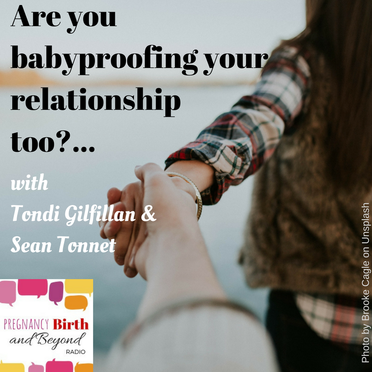
It's little wonder then how many couples find their relationship suffers. One US study* has found within five years of the birth of a first child, 13 percent of married couples divorce. This rate goes up to 39% for defacto couples 5 years after the child’s birth.
It seems that all childbirth preparation should be founded on preparing the relationship for the enormous challenges ahead so both parents can go on the journey of learning the practicalities of birth and parenting together. Tondi Gilfillan, relationship therapist with Interrelate and mother certainly believes in this approach. She points to brain research into how to optimise our learning and adjustment to big changes. "When we make preparations before we go into new situations, we adjust so much more readily." she says.
Sean also points to the need to "upskill as a couple" and to really hone "your dance as a couple". These are the sorts of skills we need ahead of the birth to navigate the complex waters of parenthood.
With Tondi and Sean we also explore the vulnerabilities of new parenthood, the opportunities vulnerability in fact brings us, and how to manage our expectations. They key is to talk them through before baby arrives. It's surprising what can come up between you, as Tondi reveals in this interview.
Sean also speaks frankly about men's adjustment to fatherhood and the need to make the massive step up into the role. "We need men with a backbone and a heart." says Sean. We also hear from Sean about men's expectations for sex and intimacy after birth, what can really lie behind these expectations and offers another point of view that he believes sets the stage for a deeper, more rewarding and exciting relationship.
Listen to our whole discussion from the podcast link below.
Further reading: "Becoming Us" by Elly Taylor
* https://www.babble.com/relationships/breaking-up-after-baby/
In this episode we interview three guests, psychologist & author Robin Grille, children story teller and singer song writer Annie Bryant and luminous youth founder Erica Nettle Chick.
When talking about story, we are referring to both literature and oral story telling. There is a certain magic to the art of oral story telling, especial in the creation of on the spot stories to share with your children. Children's minds are forced to image the imagery, to create their own inner visual experience of the the story being heard.
Annie Bryant shares her experience both professionally as a children's story and singer song writer and as a parent. Annie's story writing is inspired by the natural cycles of life, the natural world, it is about connecting us with nature but also with ourselves. Her work explores both the good times and the stormy times. She says life is filled with death and life every winter to spring. Annie shares that a lot of what her older son is now reading, she finds confronting, stories of fighting, crusade themes, samurais and knights. She goes on to say a friend of hers said that you don't know what he is preparing for in his life and within himself "You at home model great communication, respectful relationships and how to be good human and he will seek whatever else he needs and to trust that." Annie also likens what she reads with her kids to food, she feeds her children nourishing meals and in the same way she sees books as feeding the mind, how will they nourish and lastly it has to be good literature. Anni's book reading list can be found here and include Brambley Hedge: Autumn, Winter, Spring & Summer Story by Jill Barklem, The Kingdom of Silk series by Glenda Millard.
Story as medicine
Erica Nettle Chick refers to story as a form of medicine. Eric gives the analogy of plants as medicine. She says there isn't a rule that applies to everyone, some plants are beneficial to certain people in one situation but not so beneficial to another person in another situation.
Erica proposes that parents think about the medicine in the stories they read or tell their children. Further to the plant analogy, she says would you just let your kids eat whatever plant they want and later go oh oops that was poisonous? The suggestion is to have an awareness of what stories provide children with, how a story guides a child or aids in healing, and how a story will support or nourish them in their development. Eric's family favorite reading series at the moment is The Ringing Cedars Series. Erica, says the series isn't geared towards children however her kids have loved listening to this book series and the wisdom held within the pages.
Robin Grille goes on to share that it was a family ritual for him to read every evening to his daughter. One particular story Robin and his daughter enjoyed reading was the entire Harry Potter series. Robin says that while there are violent and scary themes in the Harry Potter it also contains timeless wisdom... for example, Dumbledoor says “it takes a lot of courage to stand up to your enemies but it takes a lot more courage to stand up to your friends.”
Robin also suggests children's books with an Australian content or more so within the context of the country you live. Robin and his daughter enjoyed immersing in Australian motifs, books filled with artwork of the flora and fauna.
Robin goes on to say, story can have you fall in love with your environment, create a sense of belonging to ecology, to the land you are part off and to the creatures that dwell within that land.
Stories have the potential to open your heart to the realms, to the creatures and beings that surround you.
Robin briefly mentions screen violence which is distinctively different to books and oral story telling yet one can't help but also examine the impact of screen stories. Robin says the jury is out on screen violence, it does desensitize children from violence. This desensitizing doesn't mean kids will go out and commit violence but when confronted with violence they are more likely to turn away. Robin says, that is not what our world needs, the world needs people who can say no to violence “not in my community, I will not stand for this.”
Take a watch of this 1969 video clip of Fred Rogers, host of Mister Rogers Neighborhood children's television program, as he testifies before the Senate Committee, essentially saving Public Broadcasting which was at risk of having 20 million cut from its funding.
“Violence is an important, if unpleasant, aspect of the world that has endured for centuries and continues today. Therefore, it is a relevant and worthwhile topic to focus on in children’s literature, since children should be aware of the realities of the world, both good and bad. When used in an effective and careful manner, violence can serve important purposes in literature. It does not seem to correlate with violent tendencies in children, it sparks interest in reading, and it can enhance a child’s understanding of ways to cope when conflict or violence arises in their own lives. While violence in literature can have many benefits for young readers, certain criteria must be taken into account before one can deem a book “worthwhile” for the classroom, as the above arguments show. Those choosing literature with violent aspects should carefully assess the material to check that the violence portrayed serves a purpose, such as showing the consequences of violence or alternatives to violent actions. Unfortunately, violence is not likely a part of human nature that can be entirely eradicated, although if children are familiar with relevant and useful literature that teaches them about violence, they have a better chance of facing a world of violence and conflict responsibly.” Sourced from Oneota reading journal, article titled Does Violence have a place in children's literature.
Ultimately, as each of my guests have put it, it is up to the individual family to decide the literature choices they make. Perhaps it is time to look to children themselves to what interests them, as Eric says, tuning into your child and following their lead.
Are we missing your top picks? tell us here in the comments what children's books you loved reading with your kids, any age range.
Author
Lara Martin is a childbirth educator, doula, experienced counsellor with an honours in Psychology, radio hosts for Pregnancy, Birth & Beyond Media and mother of two. Lara has been working with childbearing families for the past six years and lives in the Northern Rivers, New South Wales, Australia with her family.
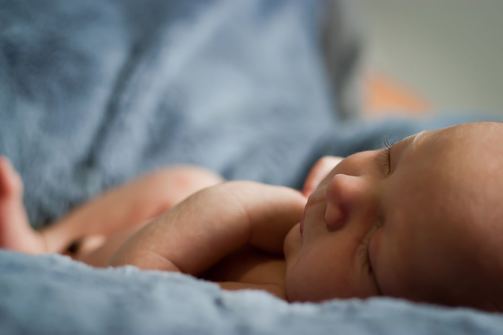
Midwife, mother and grandmother, Jayne Alder wants new mums to know that they are doing a wonderful job.
The early weeks of life with a new baby are intense beyond words. You're recovering from birth, you're learning to breastfeed, you're learning how to be in this new relationship with yourself as a mother, your relationship with your partner has changed too. You need and deserve support.
But we struggle so much with asking for help. Why is that? Do we look upon the mothers ahead of us and think they have it all under control? Do we not want to bother people? Do we want to be resilient and capable? All of these things and more.
However, let me tell you, as a mother for nearly twelve years, we DON'T always have it under control. In fact I can safely say we have all come seriously undone at numerous times. And at other times, we have been chronically under-supported.
And in this state, we are not the mothers we want to be. We are stressed and frankly not thinking straight. Our kids suffer, our partners suffer, but most of all, we suffer. We deserve to have the support we need to be the mothers we want to be.
Jayne wishes she asked for more help. And so do I. Don't wait until you crack. See the pain you carry and the impact it has on those around you and reach out for help. You'll find there are people around you, waiting in the wings for clear instructions from you.
'Come and play with my toddler for an hour... Sit with me while I learn to breastfeed. Bring me a meal and leave it on my veranda. I'm not up for chats right now. But soon I will be. I can't wait to bloom into the fullness of my motherhood!'
And if any of you know a new mum, don't ask to come over and hold the baby. It's tiring for her to entertain you. You'll have plenty of time for holding the baby down the track. Instead, offer to bring a meal, look after her older children, vacuum her floor. Don't wait for her to ask because she probably won't. And tell her she's doing a wonderful job. Chances are not one person will have said that to her.
Hear more from Jayne about how to survive the early weeks and months in this podcast. This is not only for new parents, but so all of us can better understand how to support them.
Thank you Jayne for your wisdom and your honesty.
- Sally
Photo by Carlo Navarro on Unsplash
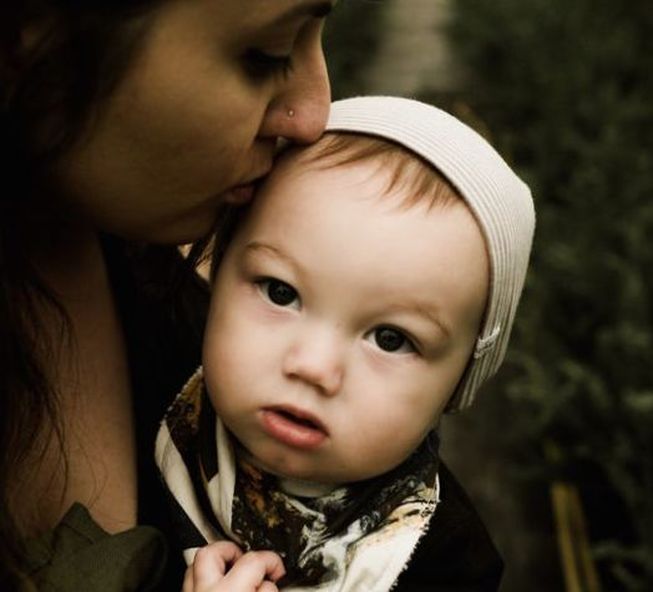
Are you a good enough parent? With all the demands and expectations of raising babies and children in the modern world, from programs offering promises for creating 'super babies' as early as starting in the womb, the pressure to be the perfect parent and have the perfect child is all too prevalent. When a parent inevitably fails in this perfection have they doomed their child for life? If the child's birth wasn't the most peaceful entrance into the world or early separation occurred has the mother, or parent already failed their baby setting a imprint of irreversible damage of a broken bond OR is it that the good enough parent actually is all you need to be to raise adaptive and resilient adults.
This episode of Pregnancy Birth and Beyond we explore how early experiences during the pre and perinatal period impact on how a person develops.
My guest for this episode is Dr Holly Goldberg. Holly is a specialist in pre and perinatal psychology and has been working with childbearing families for the past 20 years. Holly resides in California in the USA with her family.
Remember that your child is very vulnerable
Let a child be angry
Make sure your child isn't too compliant
Let your child be
Realise the gravity of the job you've taken on
Winnicott understood while the mother could be seen as a separate person, someone who before pregnancy and motherhood had a life of her own, a baby on the other hand cannot be seen alone, it is in relation to someone, it's mother, father, parent. We see this is the dynamic of the intimate relationship that develops during in-utero and in the early weeks post-partum. As Anne Morrow said, “in the sheltered simplicity of the first few days after a baby is born one sees again the magical sense of two people existing only for each other."
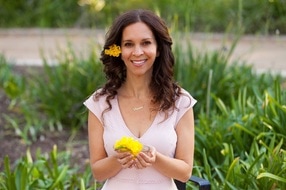
|
|
AuthorLara Martin is a childbirth educator, doula, experienced counsellor with an honours in Psychology, radio hosts for Pregnancy, Birth & Beyond Media and mother of two. Lara has been working with childbearing families for the past six years and lives in the Northern Rivers, New South Wales, Australia with her family. |
|
Is there a better way to do healthcare, and what does it look like for Australia?
Moving from a disease management based model of care and toward a patient-centred model of care Functional Medicine is able to treat disease at its root cause, rather than merely managing symptoms. Integrative Medicine is practiced by many practitioners around the world who hold a core understanding of treating the whole person, not just their diagnosis. Lets take a peek at both these models and our existing model of healthcare, both globally and here in Australia.
|
Currently, medical graduates are ill-equipped to identify and appropriately manage nutritional issues of patients, which contributes to increased complication rates and hospitalisation time,” Professor Nowson said. “The inclusion of nutrition within medical degrees across Australia at present is haphazard and uncoordinated, and course infrastructures do not support the delivery of a sustainable nutrition curriculum within courses. - Australian Medical Association article October, 2014
Not to be confused with Integrative Medicine, Functional Medicine is a scalable, trackable and repeatable operating system that doctors can use to take their healthcare from a disease management based model to a health-creation based model. Integrative Medicine can mean different things to consumers and practitioners - Sometimes it's the way a Physician practices using additional modalities and sometimes it's who they refer to. Although they most likely adhere to a similar philosophy, there is currently no specific operating system under which IM practitioners in Australia all work.
video credit/copyright AIMA
|
AIMA explains this well - Integrative medicine is a philosophy of healthcare with a focus on individual patient care and combining the best of conventional western medicine and evidence-based complementary medicine and therapies within current mainstream medical practice. Integrative Medicine reaffirms the importance of the relationship between practitioner and patient, focuses on the whole person, is informed by evidence, and makes use of all appropriate therapeutic approaches, healthcare professionals and disciplines to achieve optimal health and healing. It takes into account the physical, psychological, social and spiritual well being of the person with the aim of using the most appropriate, safe and evidence-based treatments available. Functional medicine shares this philosophy and adds a system by which to disseminate this understanding into practical application and measurable outcome.
|
The two part article features several passionate trailblazing figures in the move towards changing the way healthcare is delivered, both globally and locally. The first part looks at some of the overarching issues within the current medical system and the new emerging model of care seeking to correct and create significant primary healthcare reform around the world. In the second part we take a cloer look at Functional Medicine and what we can all do to create better outcomes for ourselves as cnsumers and practitioners.
We hear from James, an international speaker, founder of Functional Forum and The Evolution of Medicine and author of a compelling book with the same title. We also tap into the wisdom of Dr Penny Caldicott, President of the Australasian Integrative Medicine Association and founder and director of Invitation to Health. Championing Integrative Medicine, Penny walks among those leading a new era in Australian healthcare. Reine duBois, Clinical Director of the Health Lodge in Byron Bay also features discussing her passion, experience and how she makes it work in her practice. I also speak to Sally Cusack who is NSW Branch President of Maternity Choices Australia and has significant experience navigating the Australian healthcare system and understanding the unique needs of healthcare consumers. There will be a few sound bites form the AIMA conference in Sydney; Functional Medicine and the Micropractice.
Each patient represents a unique, complex, and interwoven set of environmental and lifestyle in uences on intrinsic functionality (their genetic vulnerabilities) that have set the stage for the development of disease or the maintenance of health. - from Introduction to Functional Medicine
Listen to Part ONE of the Changing Landscape of Medicine
Interviewees in this article
-Director of AIMA & founding member of Invitation to Health
Reine duBois
-Clinical Director at the Health Lodge
James Maskell
-Founder of Functional Forum
-Evolution fo Medicine
-Author of the Evolution of Medicine
Sally Cusack
-NSW President Maternity Choices Australia, Australia’s peak maternity consumer represnting body
More information about our interviewees below.
|
DR PENNY CALDICOTT is the founder and a director of Invitation to Health. She has helped to create a nurturing environment in which the team offers patient treatment that respects and integrates the best of evidence based conventional and complementary medicine.She is particularly focused on understanding the journey that has contributed to illness, which helps her to guide and facilitate the path to well being. She values deep listening and spends time to develop a trusting relationship with each patient. Treatment modalities will be different for each individual and will often include the support and participation of other practitioners.
Penny is passionate about Integrative Medicine (IM) and has been involved with a number of organisations to champion IM to other health practitioners, to the government and in the public space. She believes that the IM focus on prevention of disease can play a significant role in turning back chronic disease in Australia. She is currently the President of the Australasian Integrative Medicine Association. |
|
JAMES MASKELL, has been looking for levers to create significant positive change in healthcare for a decade. Following education in healthcare economics, James has played a part in building a number of successful businesses in the integrative medicine space.James has lectured to audiences of physicians on three continents, including four years on faculty of “Heal Thy Practice”, Integrative Health Symposium and George Washington University’s Metabolic Medicine Institute.
James has been featured on platforms at diverse at TEDMED, Huffpost Live, TEDx and more, as well as writing for blogs like Huffington Post, KevinMD, thedoctorblog and MindBodyGreen. He sees a unique aperture to help fuse the massive potential of digital health and functional approaches to accelerate the evolution of medicine. |
|
REINE DUBOIS, To her patients Reine is a medical detective with a passion for finding the underlying causes of disease to create real changes in health and wellness. To the medical community, she is a true pioneer of Integrated Medicine with more than 17 years experience in the field and a history of lecturing in this powerful model of modern day medicine. She specialises in uncovering complex health conditions and coordinating treatment plans for chronic health concerns.
Reine is also the Clinical Director of The Health Lodge. |
|
SALLY CUSACK, is NSW President of Maternity Choices Australia, Australia’s peak maternity consumer represnting body. Sally has been a consumer advocate in the area of Maternity for over 7 years. She is the founder of Pregnancy, Birth and Beyond radio and works tirelessly supporting mothers and their families in her local community and communities across Australia for better outcomes in healthcare.
|
Definitions.
"For most people their first contact with the Australian health system when they become ill is a visit to a general practitioner (GP). The GP may refer them to a specialist or a public hospital, order diagnostic testing, write them a prescription or pursue other treatment options. But patient and clinical care are just 2 components of a much broader and complex network that involves multiple providers working in numerous settings, supported by a variety of legislative, regulatory and funding arrangements." Click HERE for the full article.
Functional Medicine. Functional Medicine addresses the underlying causes of disease, using a systems-oriented approach and engaging both patient and practitioner in a therapeutic partnership. It is an evolution in the practice of medicine that better addresses the healthcare needs of the 21st century. By shifting the traditional disease-centered focus of medical practice to a more patient-centered approach, Functional Medicine addresses the whole person, not just an isolated set of symptoms. Functional Medicine practitioners spend time with their patients, listening to their histories and looking at the interactions among genetic, environmental, and lifestyle factors that can influence long-term health and complex, chronic disease. In this way, Functional Medicine supports the unique expression of health and vitality for each individual. IFM
Integrative Medicine. Integrative medicine is a philosophy of healthcare with a focus on individual patient care and combining the best of conventional western medicine and evidence-based complementary medicine and therapies within current mainstream medical practice. AIMA
Citations, Links & Resources
>IFM - Institute for Functional Medicine
https://www.functionalmedicine.org
>Applying functional Medicine free resources for practitioners
21st Century Medicine; A new model for medical education and practice
https://www.functionalmedicine.org/functiona-medicine-in-practice/applying/
Integrative Medicine in Australia
>Australasian Integrative Medicine Association
https://www.aima.net.au
James Maskell
>Evolution of Medicine
>The Evolution of Medicine book
>Functional Forum
>Functional Forum meet ups in Australia (scroll down the directory for current events)
http://meetup.functionalforum.com/directory/
Mayo Clinic research
https://newsnetwork.mayoclinic.org/discussion/mayo-clinic-researchers-demonstrate-value-of-second-opinions/
36 holes in the roof
>Article summarising some recent studies including 36 holes and a few others
https://www.clinicaleducation.org/resources/reviews/36-holes-in-the-roof-the-dawn-of-the-era-of-treatable-and-preventable-alzheimers-disease/
>Reversal of cognitive decline; A novel therapeutic approach (the study)
https://www.ncbi.nlm.nih.gov/pmc/articles/PMC4221920/
Australia’s health care services explained
>For consumers:
http://ourhealth.org.au/rep-support/consumer-reps-guide-australias-health-system/parts-health-system#.WTyt38ZL3xo
>Preventive care programs in Australia
Department of health - education & prevention
http://www.health.gov.au/internet/main/publishing.nsf/Content/Education+and+Prevention-1
>AIHW
http://www.aihw.gov.au/home/
>AIHW Corporate plan 2016-17 - 2019-20
http://www.aihw.gov.au/WorkArea/DownloadAsset.aspx?id=60129556352
>Australian Atlas of Healthcare Variation
https://www.safetyandquality.gov.au/atlas/
>Chronic disease management
https://www.humanservices.gov.au/customer/services/medicare/chronic-disease-management-plan
Physician health and wellbeing
>Preventing doctor suicide (US website)
https://afsp.org/our-work/education/physician-medical-student-depression-suicide-prevention/
>ABC News - AMA calls for national approach to help doctors deal with physical and mental health
http://www.abc.net.au/news/2017-05-16/ama-calls-for-national-focus-on-doctors-mental-health/8529202
Doctor-patient relationship
>Healing relationships study
https://www.ncbi.nlm.nih.gov/pmc/articles/PMC2478496/
Evidence-based healthcare dissemination
Book: How to implement evidence based healthcare / Trisha Greenhalgh (2017)
Why change is difficult for some and easier for others
https://www.ted.com/talks/jonathan_haidt_on_the_moral_mind?language=en
Antimicrobial resistance
>Harvard Medical School demonstration of antimicrobial resistance
http://news.harvard.edu/gazette/story/2016/09/a-cinematic-approach-to-drug-resistance/
>World Health Organisation
http://www.who.int/antimicrobial-resistance/en/
>Australia’s Antimicrobial Resistance strategy 2015-2019
http://health.gov.au/internet/main/publishing.nsf/Content/1803C433C71415CACA257C8400121B1F/%24File/amr-strategy-2015-2019.pdf
>The Australian Atlas of Healthcare
Key Findings and recommendations
Excerpt: Australia has very high overall rates of community antimicrobial use compared with some countries.
In 2013–14, more than 30 million prescriptions for antimicrobials were dispensed. Many of these were unnecessary because antimicrobials are frequently used to treat infections for which they provide little or no benefit.
On Research
>AIMA ethics in research reading
https://www.aima.net.au/research-in-cam/
>Ben Goldacre: Battling bad sciencehttps://www.ted.com/talks/ben_goldacre_battling_bad_science#t-871608
AuthorAnnalee Atia is a Coach, Producer and Consultant. Broadcaster for Pregnancy, Birth & Beyond Media she is passionate about birth, wellbeing and community engagement. Mother of two, she lives and works out of the Northern Rivers in New South Wales, Australia. |
12/6/2017
Raising Adolescents: Our Chance to Revisit the "Unfinished Business" from our own Youth
Read Now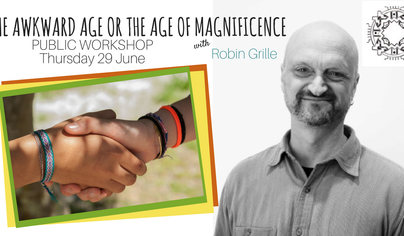
Robin Grille, father, psychologist and author of "Parenting for a Peaceful World" and "Heart to Heart Parenting" believes they do. Yes, our kids press our buttons in the most unexpected ways, and to the depths of our core. One comment or a side-ways look can have our hackles rising immediately. Where do these reactions of ours come from? We may feel completely justified with our feelings, but it's possible, as Robin suggests that the adolescents in our lives are taking us back to our own 'unfinished business' from when we were making our own way through that tumultuous time.
When we find ourselves in this place of conflict, we can know that we always have some choices here: to ignore the source of our reaction, and continue pushing for the outcome we are seeking in that moment. Or we can roll our sleeves up, and seek out the unresolved wounds from our past that come hurtling into the present. But we need support for this. It's big work for all of us. Help comes in many forms, listening partnerships, counselling, peer support and workshops, such as Robin's "Inner Child Journey".
Yes, there are in fact precious opportunities for healing our dear young ones bring us. In a way, as Robin says, 'they grow us up'.
Hear more from Robin about the hidden treasures of adolescence for all of us in this new podcast.
Robin will also be visiting our region later this month to speak with parents and elders with adolescents in their lives. He will also be holding an Inner Child Journey to help us identify our unfinished business - and heal it.
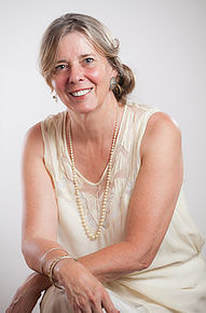 Pam England
Pam England
This episode of Pregnancy Birth & Beyond Radio features sharing positive birth stories, and in-particular the listening to positive birth stories as a form of birth preparation. My guest for this episode is Pam England. Pam lives in Albuquerque New Mexico, USA, author of Birthing From Within, Labyrinth of Birth and her latest released book Ancient Maps for Modern Birth. Pam also is the founder of Birth Story Medicine a unique approach to emotional healing after or after witnessing a difficult child birth experience. Pam is also founder of Birthing From Within. Pam practiced as a certified nurse midwife for 18 years, both within hospital and home settings, she also has a masters in counselling.
In the dominate birth culture there is a focus on the medical outcome of a birth, and this outcome partitions mothers into unspoken birth camps, the natural birth camp, the epidural birth camp, the caesarian birth camp, the traumatised birth camp and so on. This intense focus on the medical outcome of a birth completely ignores the preparation a mother did before birth and the ways in which she managed to find her way through any obstacles and challenges throughout the labor.
Pam shares with us why only listening to positive birth stories doesn't work as a way to fully prepare for birth. The sprinkling of positive birth stories on top of 6o plus years of deep conditioning of overly medicalised birth doesn't work to inoculate a mother to be from having a difficult or challenging birth.
“If it is hoarded it has no value, if it is squandered it has no legacy. When shared wisely for the benefit of all, it becomes worthy of the blood, sweat and tears you shed to gain it” David Hartman and Diane Zimberoff, sourced from Ancient Maps for Modern Birth by Pam England.
AuthorThis episode was produced by Lara Martin. |
|
Gender 101 with Gopi Lev Gopi Lev is a queer femme based in the Northern Rivers. Passionate about intersectional feminism, art and the pursuit of justice and equity for all, she is PBB Media’s consultant on sexual and gender diversity and assists in making the space and content more inclusive for all. We are discussing Gender & Sexual diversity on the show today and here on the blog. |
|
In a Time Magazine issue titled Beyond He or She, how a new generation is redefining the meaning of gender; we get a glimpse into the fluid and evolving world of gender and sexual self and societal definition. Infinite identities is the title of the ‘accruing’ article in this issue. It is a fascinating read.
Around the same time, National Geographic put our their gender issue - GENDER revolution with a full (to date) Glossary of terms, the various studies available on gender and a quick guide to helping families discuss gender. |
The spectrum upon which sexuality & gender are defined is fascinating and comprehensive. More importantly, understanding it, is the doorway for more compassion and less judgement and our newest generation is leading the way.
Listen to our first show on Gender & Sexual Diversity with our expert Gopi Lev
Books
Gender Failure by Ivan Coyote and Rae Spoon
Interwoven memoirs of transcending the gender binary co-authored by two iconic writers within the queer community. A heart-warming and beautifully written read.
Delusions of Gender by Cordelia Fine
A comprehensive insight into the way we impose the gender binary upon children and the effects of this process. Combining new, cutting-edge neuroscience and sociological examinations of how neurosexism and arbitrary gender roles undermine our society, Cordelia Fine has made an incredible case for abandoning the binary once and for all.
The Argonauts by Maggie Nelson
An instant bestseller, Maggie Nelson has penned what reads as a mix between memoir, philosophical masterpiece and touching perspective on her life with her genderfluid partner, Harry. She details their process of having a child together, sharing custody of his other child and her own journey of pregnancy and motherhood as a queer woman in the 21st century. I could feel that it would be one of my favourite books after 3 pages.
Youtube Channels/videos
We’ve Been Around
A project that aims to undo the harmful misconception that transgender identity is a modern thing presented as a wonderful series of videos sharing the stories of transgender people throughout history.
Riley Dennis
Riley creates beautiful, informative content covering a lot of topics relating to intersectional feminism, including but not limited to her trans experience, body shaming, classism and more.
Kat Blaque
A trans woman of colour, Kat Blaque makes videos discussing the intersections of race, gender and social justice in general. Her affable personality and widely informative videos have made her one of the most popular trans Youtubers today.
TheRealAlexBertie
English transman, Alex Bertie has chronicled his transition (including starting testosterone and getting surgery) on his Youtube channel, talking about the aspects of his experiences with a mix of humour and vulnerability.
Websites
Everyday Feminism
A brilliant source for easy-to-read, compassionately delivered articles on everything intersectional including misogyny, classism, gender, body image and so much more. Highly recommended as a resource for anybody interested in learning how they can contribute to a kinder, more just world for all.
Have your say.
We would love to hear from you:
- do you have an idea as to how to make our opening statement more inclusive?
- do you have a compelling gender & Sexual diversity story to share with the world?
Let us know below
- Time Magazine - Beyond He or She, March 2017
- National Geographic Magazine - Special Issue, The shifting landscape of gender, January 2017
- Host/Writer: Annalee Atia, www.annaleeatia.com
- Guest: Gopi Lev
- Music: The song snippets played on today’s shows are from two artists - 'Habanot Nechama' from their songs So Far and Flowers and, Amir Paiss with the track Handgun Menagen Oti
Mothers can move mountains
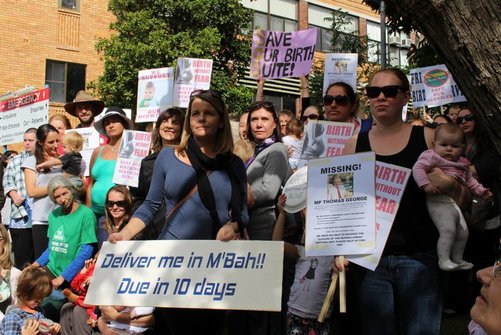 Mothers and community rallying outside Murwillumbah Hospital, 3 June 2015
Mothers and community rallying outside Murwillumbah Hospital, 3 June 2015
But if our beloved birth services are suddenly under threat, we can catapult ourselves way out of our comfort zones into the public sphere to restore them.
In this episode we will hear from three mums on different campaigns to save their local birth stories. Rachel Bryant from Murwillumbah, Samantha Wibberley from Tamworth and Helena Mooney from Sydney have all been inspired to become birth activists from one day to the next. "I just couldn't stand by and let the closure happen." says Rachel.
We also learn about national health and safety standard Standard 2: Partnering with Consumers that means health services need to involve their patients in the planning, delivery and review of their health care. This standard means that health services can't close their services or deny services to their community without involving them in these decisions.
In all three stories from this episode, the community was not involved in the decisions relating to their local birth services. So, the initial focus for these women is get meetings with hospital management.
This can sound easy - surely the hospital will agree to meet their community, right? Well, none of Rachel's, Samantha's or Helena's first meeting requests were welcomed by their hospitals. In all cases, they have had to write lots of letters, build significant community support and in the case of Murwillumbah and Tamworth, rally out the front with their prams and placards before the doors were opened to them...
Find out how these mothers' stories of moving mountains play out in this podcast.
And we'd love to hear from you if you'd like to see change for your local birth services!
Right across this country we've seen the closure of 100s of birth services in recent decades, so if you live out of an urban area, changes are you've got limited birth choices. And that's not right. Our national maternity services plan calls for woman-centred continuity of care near where women live. This is how we get the best possible birth outcomes for women, babies, their families and our communities as a whole.
With sincerest thanks to all three heroines in this journey: Rachel Bryant, Samantha Wibberley and Helena Mooney and their communities supporting them. Without their efforts, evidence-based birth services would sink without a trace. Thank you also to Melissa Fox, CEO of Health Consumers Queensland who explains how hospitals are meant to engage with their patients or 'consumers'.
As mothers, we undoubtably run full and rich lives (a term I borrowed from Deathwalker and dear friend Zenith Virago, instead of using the old 'busy' all the time, which is tiring to-even-just-say!). We have our children, houses, husbands, work, family community duties and connections, and civic duties to engage, satisfy and maintain. Then, we have our own health & wellbeing to attend to. Not an easy task for any woman and certainly any mother. Yet, we have all been pulled in by the lure of something bigger than us to PBBM. Woven over the years by the countless stories we have heard, each of us in our own roles - Sally as Maternity Consumer Representative, Lara trained in Psychology, Doulaing & Lactation support, and me Annalee, as Health Coach & problem solver (AKA Producer), we have heard these stories form our own unique capacities and threaded them into our tapestries, unable to un-hear them.
Our work at Pregnancy, Birth and Beyond crosses many borders, on a daily basis. We collect stories from researchers, we bring them back to base. We hear stories from mothers, and bring them back to base. We hear stories from midwives, families, fathers, doctors, professors, mothers (of all ages), heads of obstetrics, local health districts, consumers, teachers, colleagues, children, grandparents... We collect these stories that have been entrusted with us, knowing that they have a place in the bigger puzzle, not always knowing exactly where they fit and how they fit. Although slow and sometimes tedious is our work, there is a sense of urgency in it. There is a deeper understanding that each story is powerful in its own right and merits our full attention. No longer can we just 'hear a story', traumatic or positive, from a mother, caretaker or child. We must come full circle with it, seek resolve and make sense.
We see a world where families have access to the best quality information & are equally supported by their community and healthcare teams. Congruency between evidence-based research, long-held traditions & new ideas.. All converging to enhance health, happiness & resilience. This is our ethos, what stands behind our will to get up every day and continue the work that we do.
We have been OVER THE MOON finding out that we have been long-listed for the Walkeys Incubator & Innovation Fund this year, after applying for a grant through their program. The opportunity to learn from and connect with some of Australia's leading mentors in an incubator style learning and growing experience! Just like being in the womb :-D (you can imagine our delight!).
"This year, we extended the program significantly and brought in several of Australia’s best startup mentors to make sure as many projects as possible get access to transformational education to turn their idea into a viable and experimental venture. This year, 162 projects were entered, around 100 will receive training in the incubator program and three to eight will receive grant funding." Rose Powell, Innovation manager at The Walkley Foundation, Australia’s centre for excellence in journalism.
Hop on to Medium to find out more about the Walkleys Incubator & Innovation Fund, click HERE.
If you have a compelling story to share with us, please get in touch! Enter your name and email below and a short description of what it is you want to talk about.
NE PLUS ULTRA
Meaning... the perfect or most extreme example of its kind; the ultimate. Or at least, that is what we aim for. This here is our news segment of the website. Check back in every now & then for a read of what we find as the ultimate and most relevant news in Pregnancy, Birth & Beyond.
Authors
The authors of this segment are varied, each post will indicate the author of that particular post. For more information about our team, visit here
Archives
February 2019
January 2019
December 2018
October 2018
September 2018
August 2018
June 2018
May 2018
April 2018
March 2018
February 2018
December 2017
November 2017
October 2017
September 2017
August 2017
July 2017
June 2017
May 2017
April 2017
March 2017
February 2017
January 2017
December 2016
October 2016
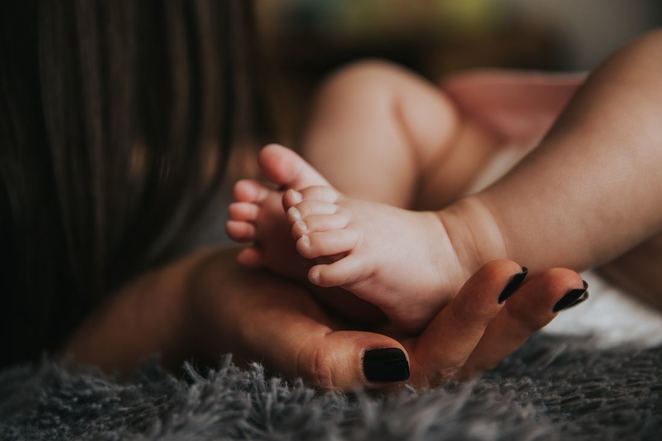
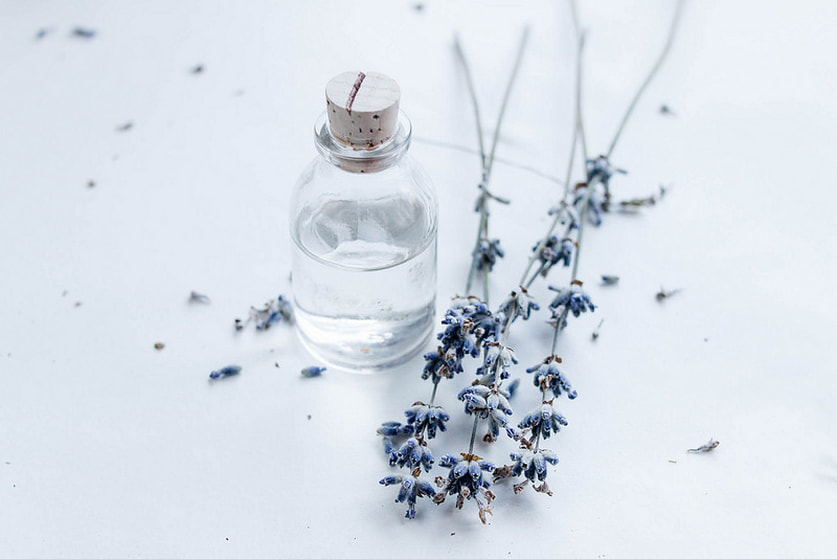
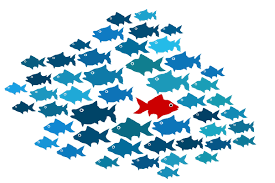
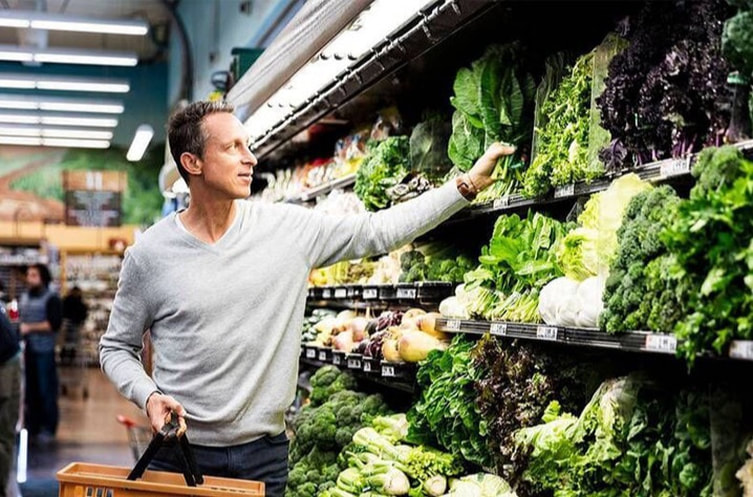
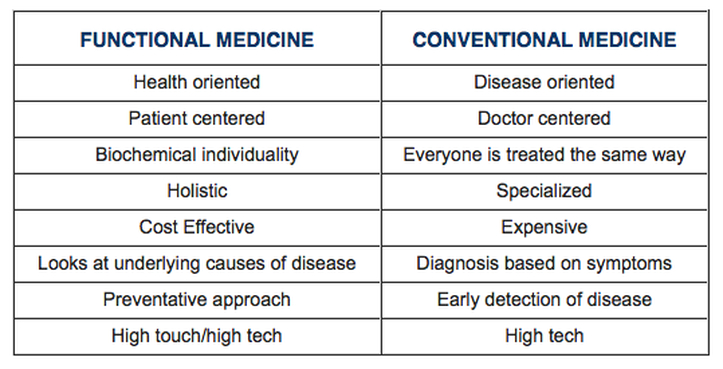
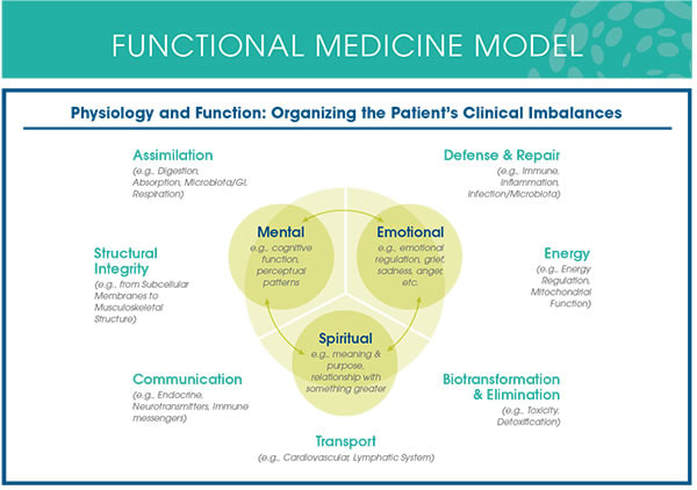
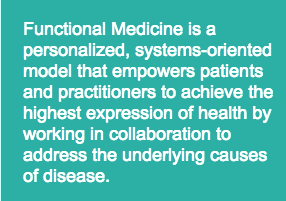
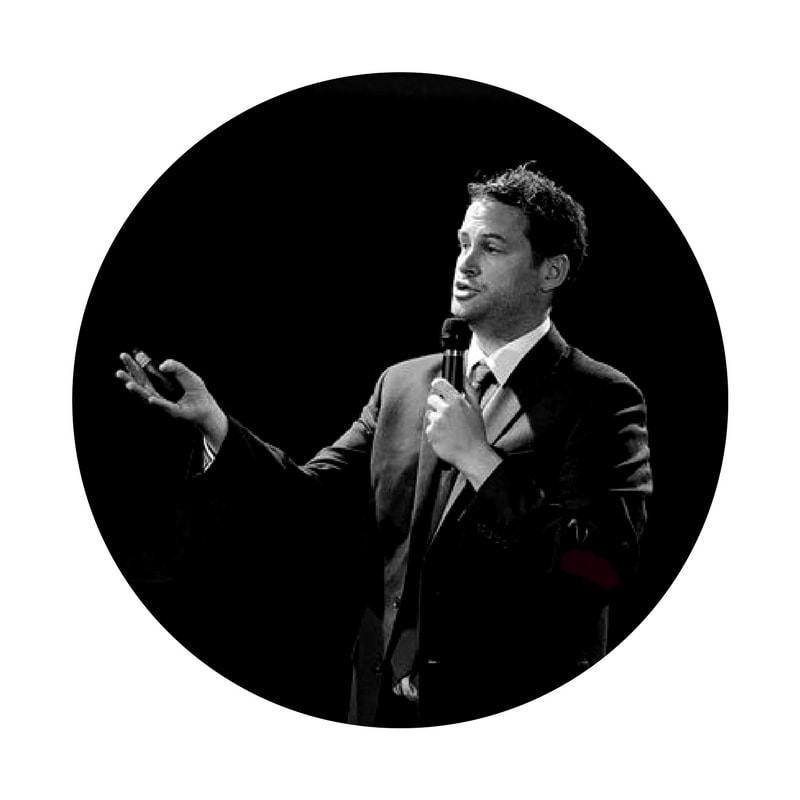
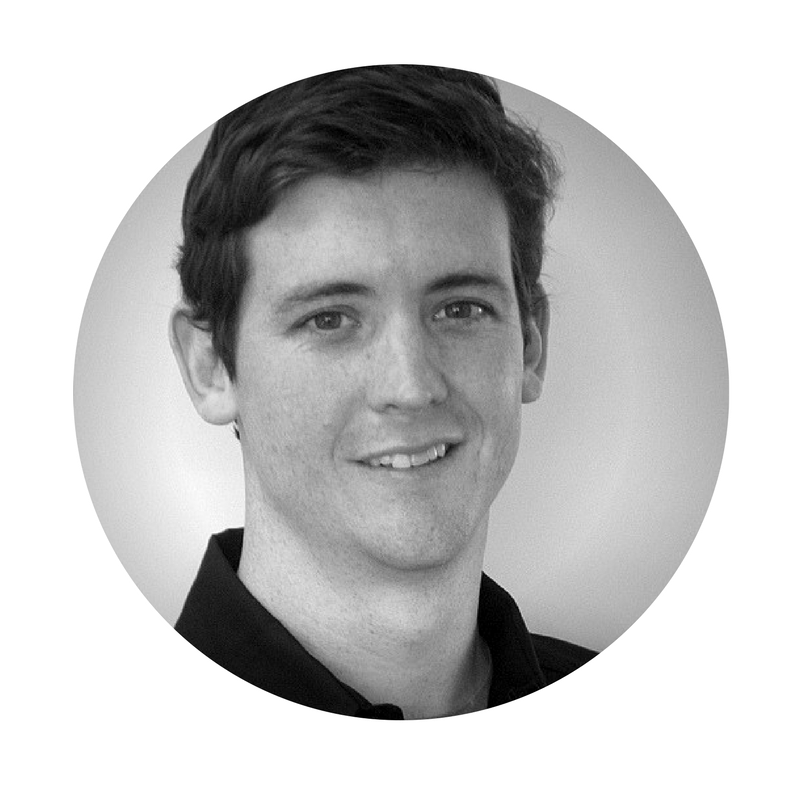
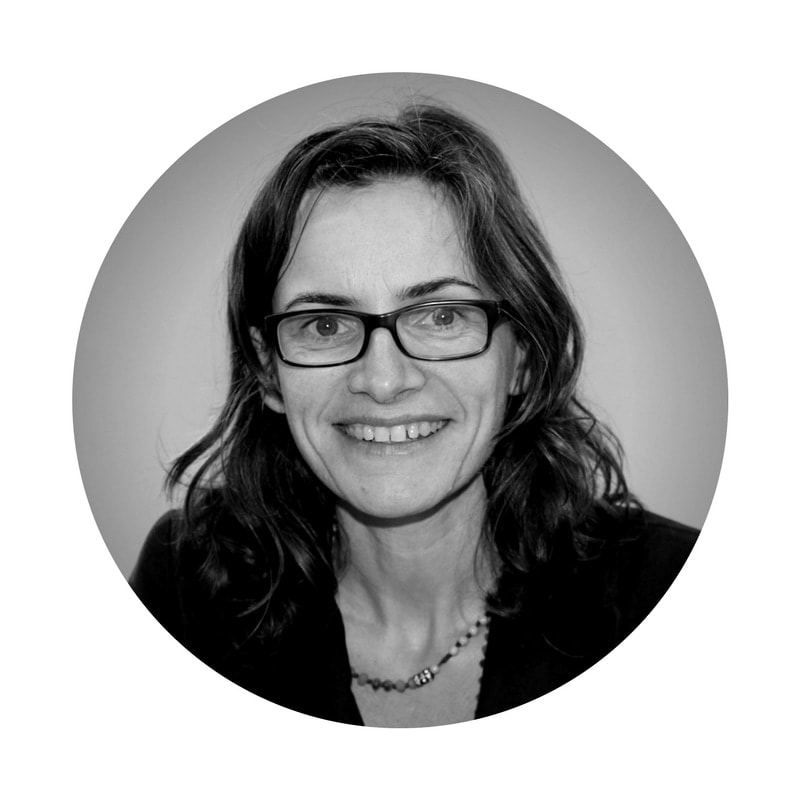
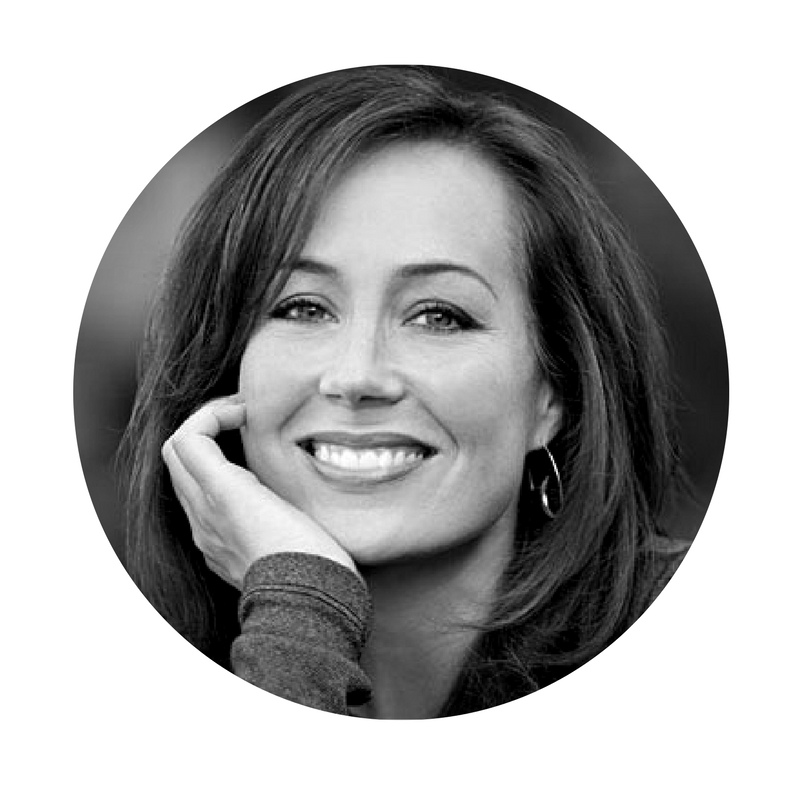
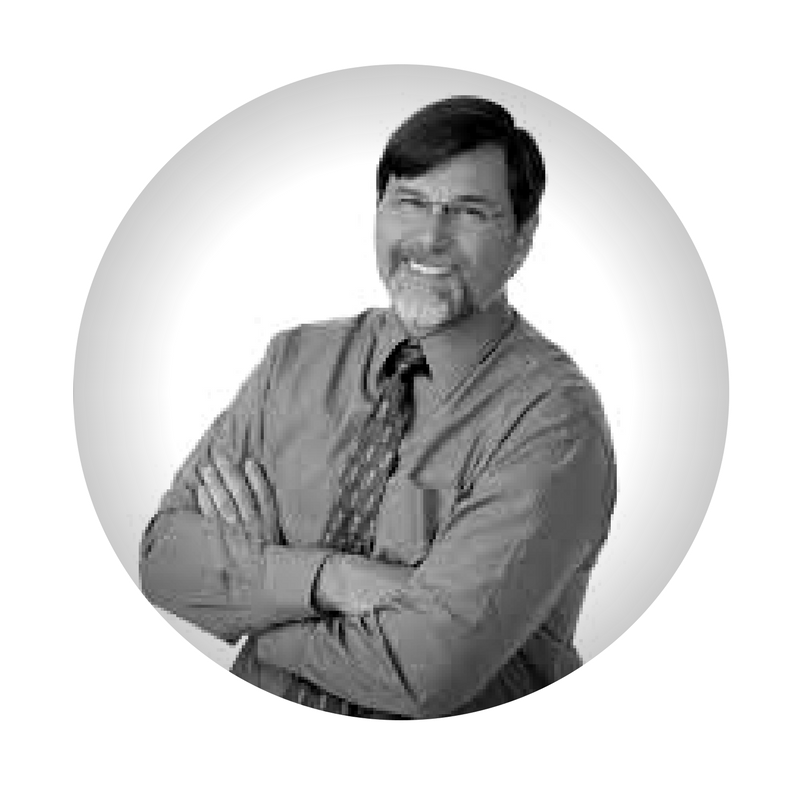
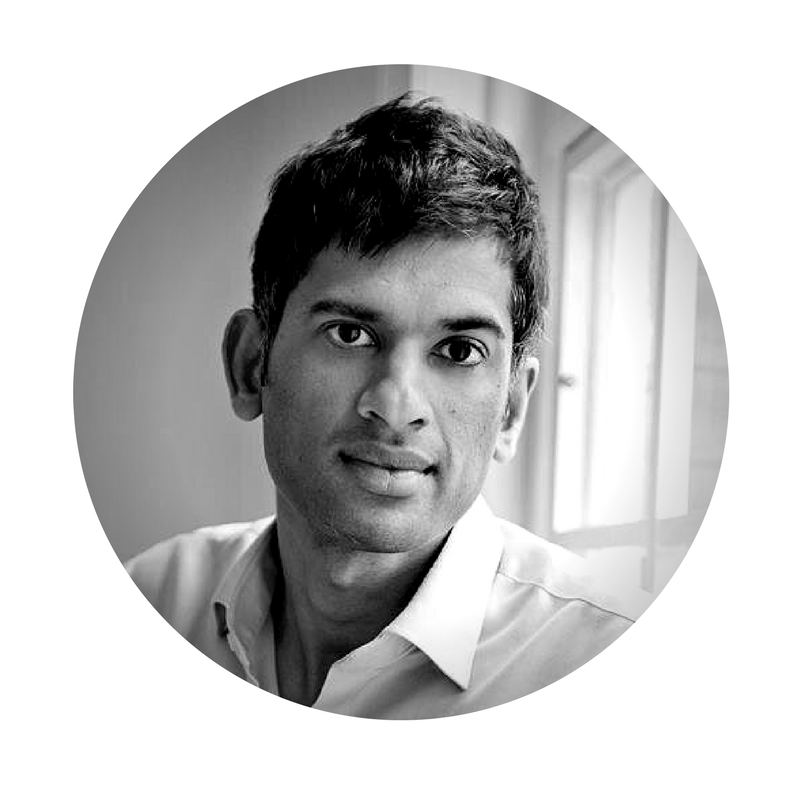
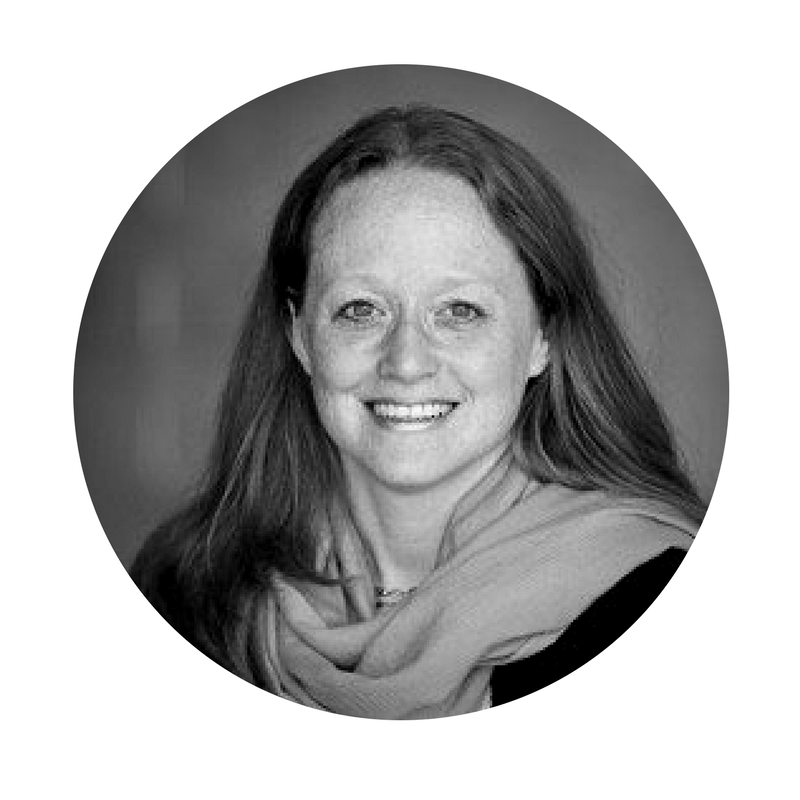
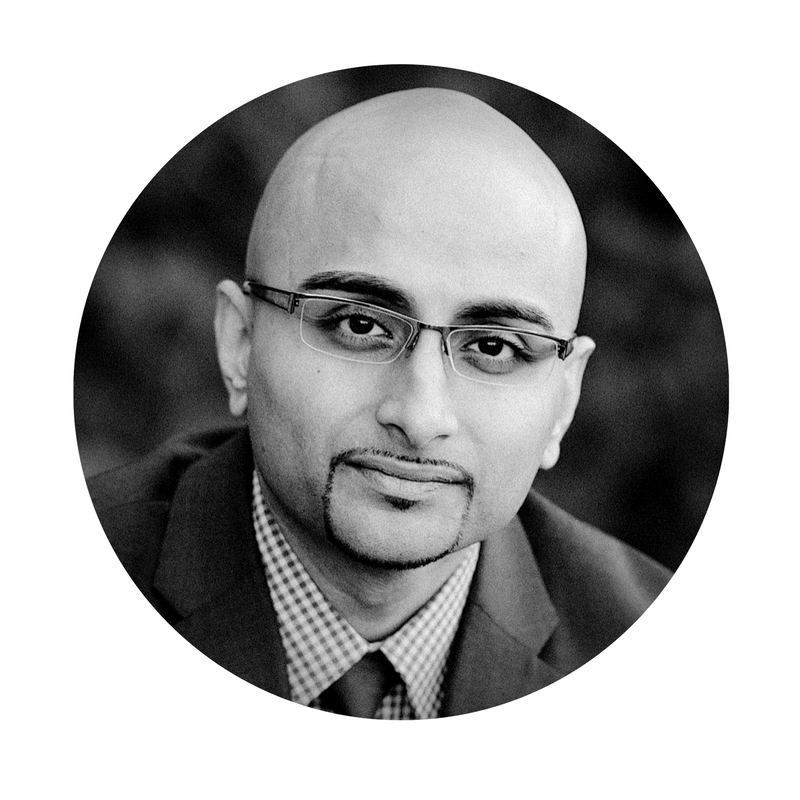
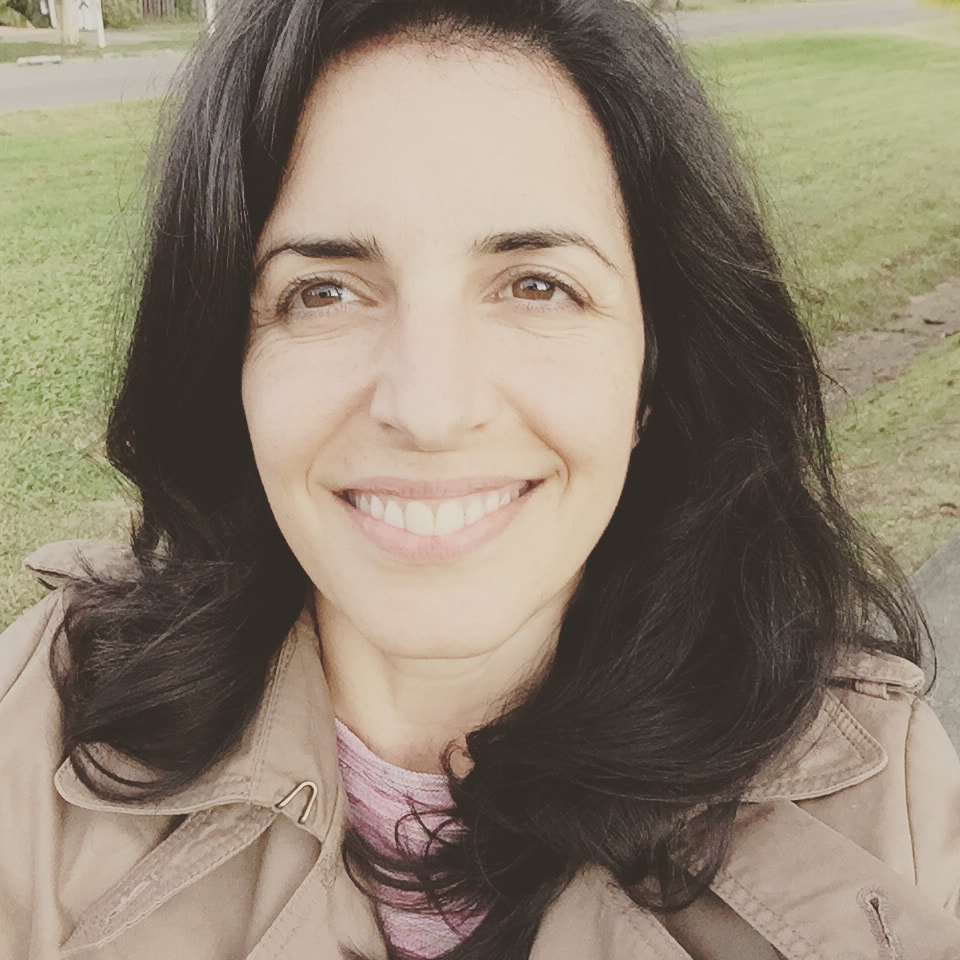

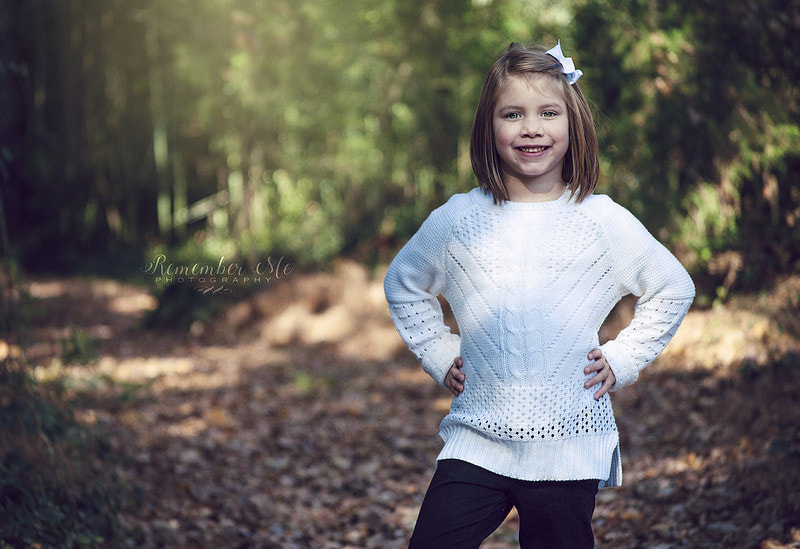
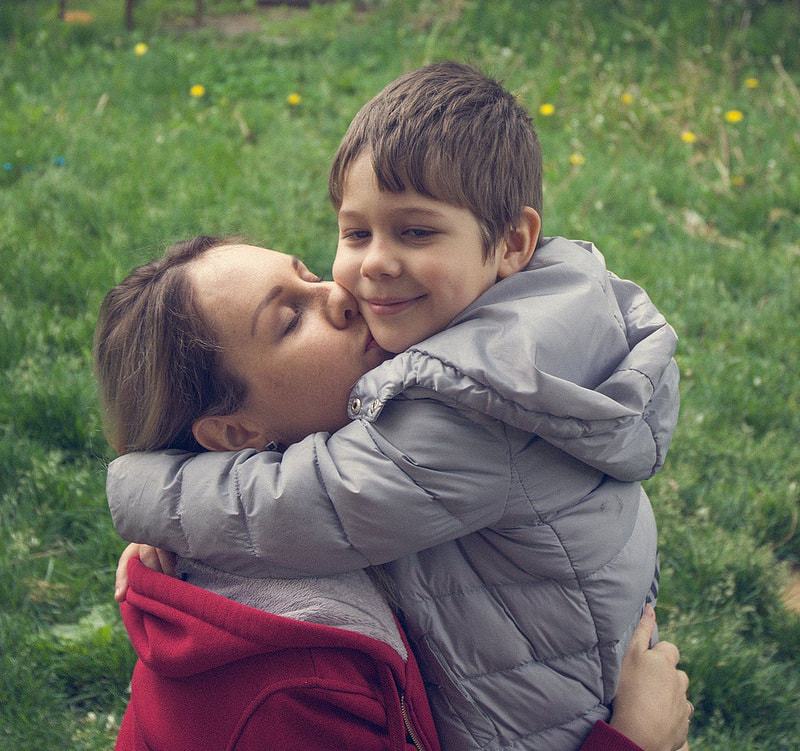
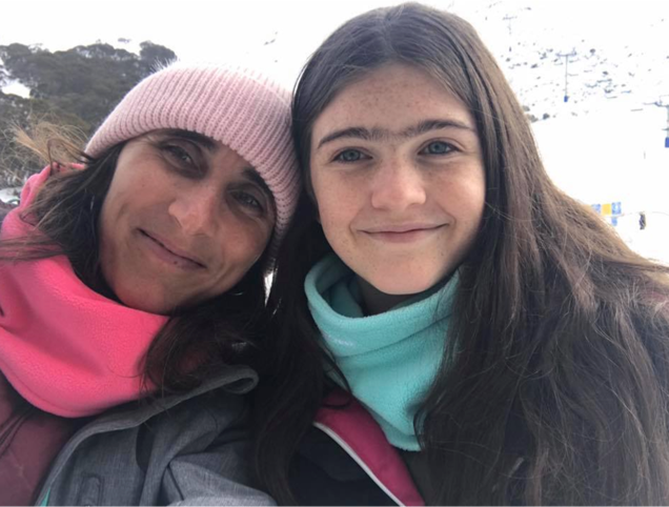
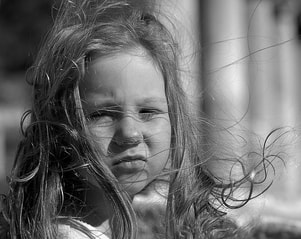
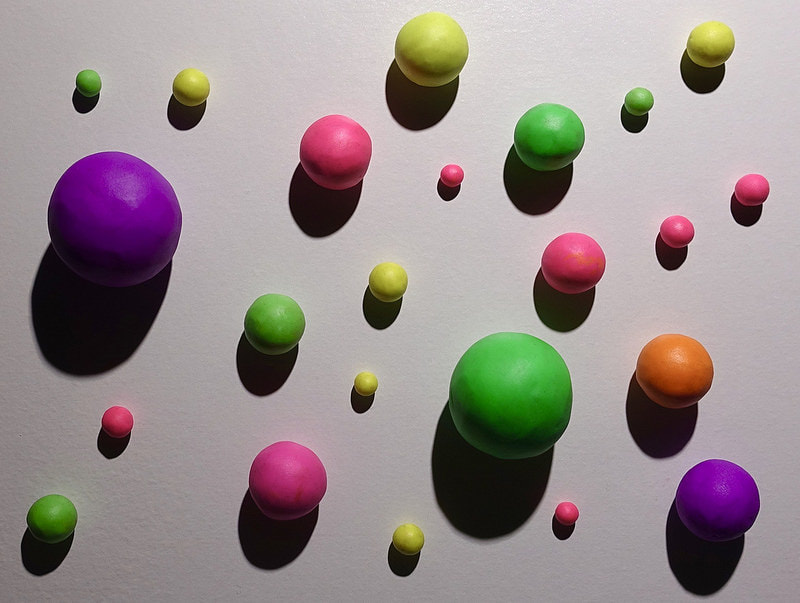
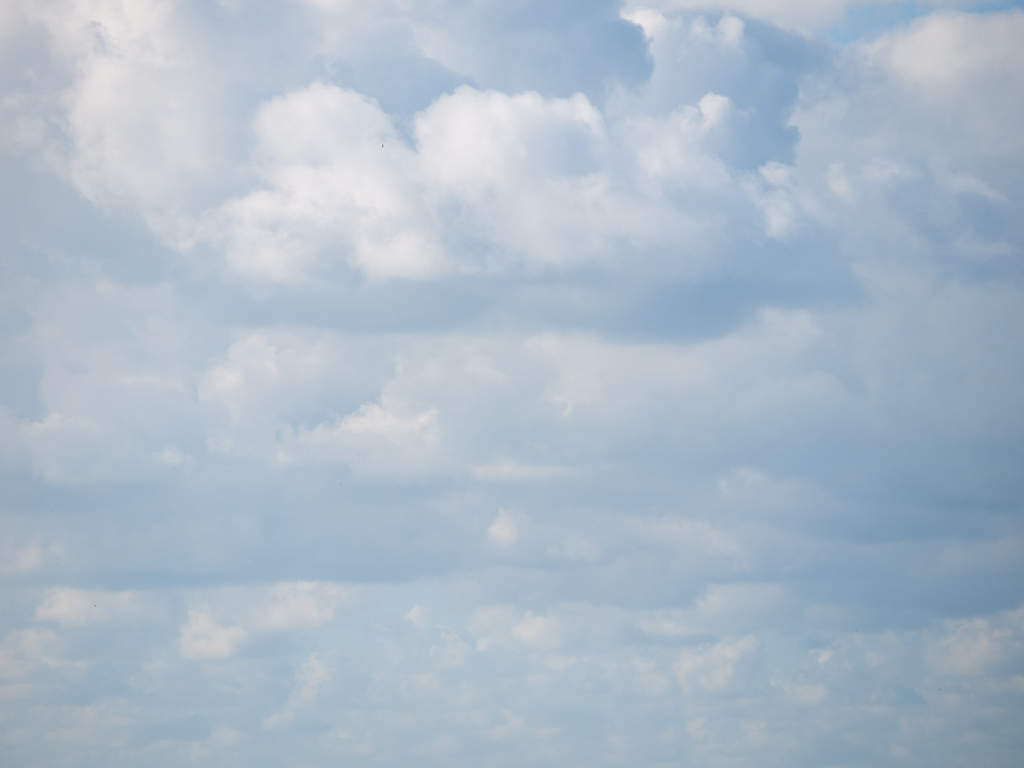

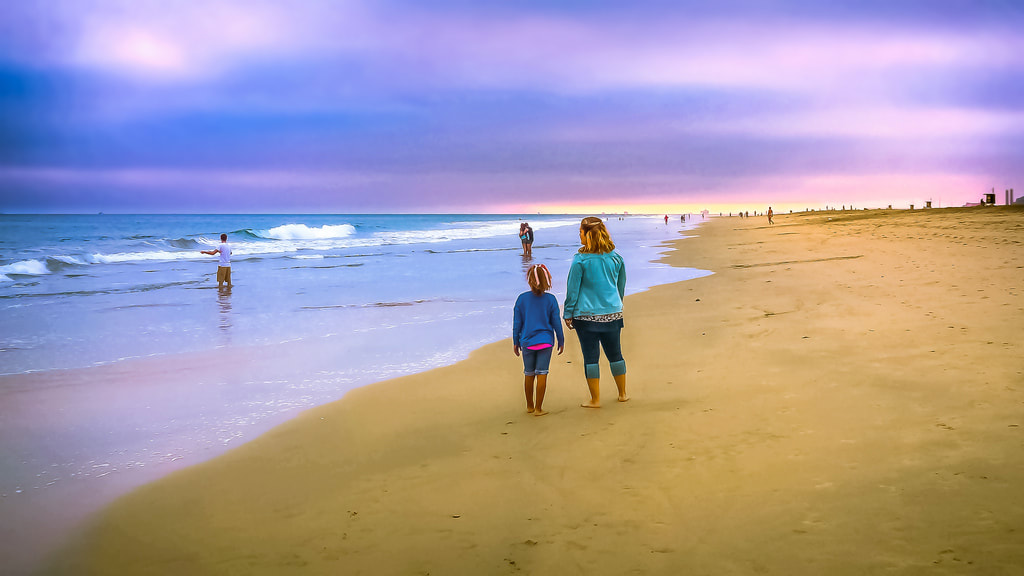
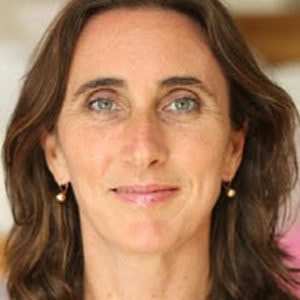
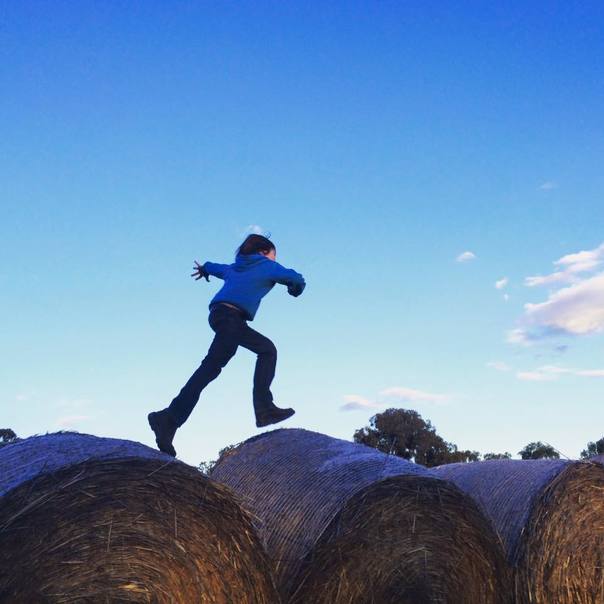
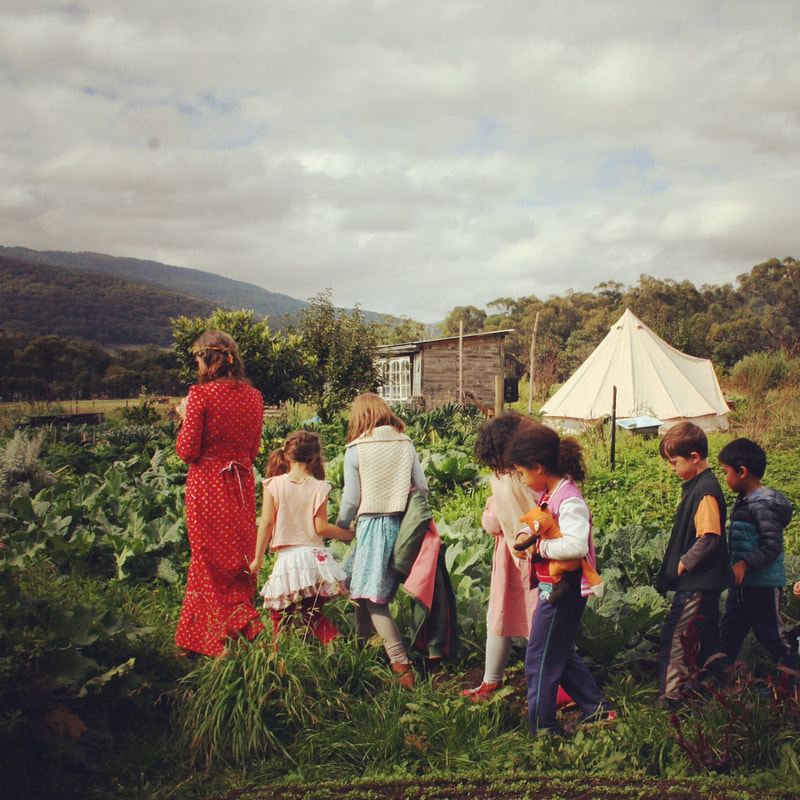
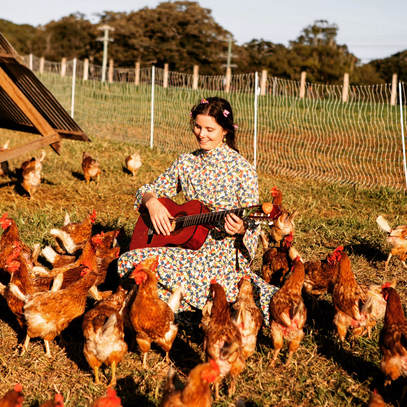
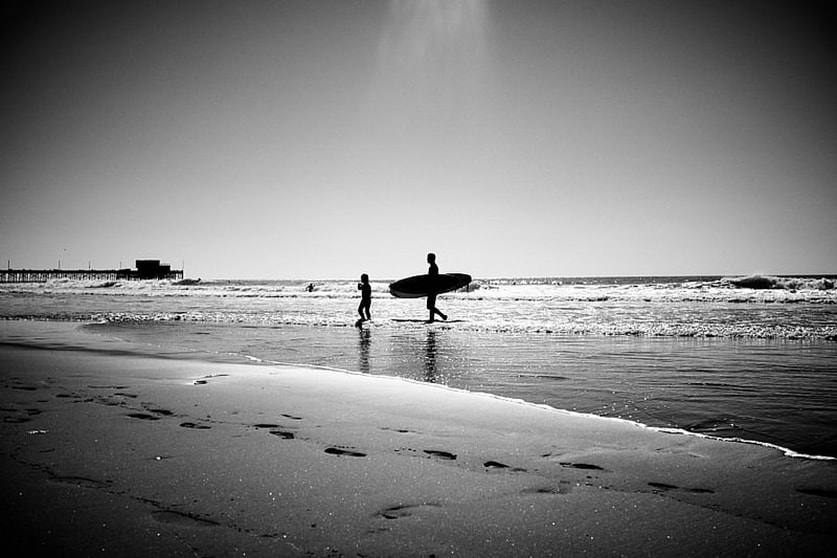
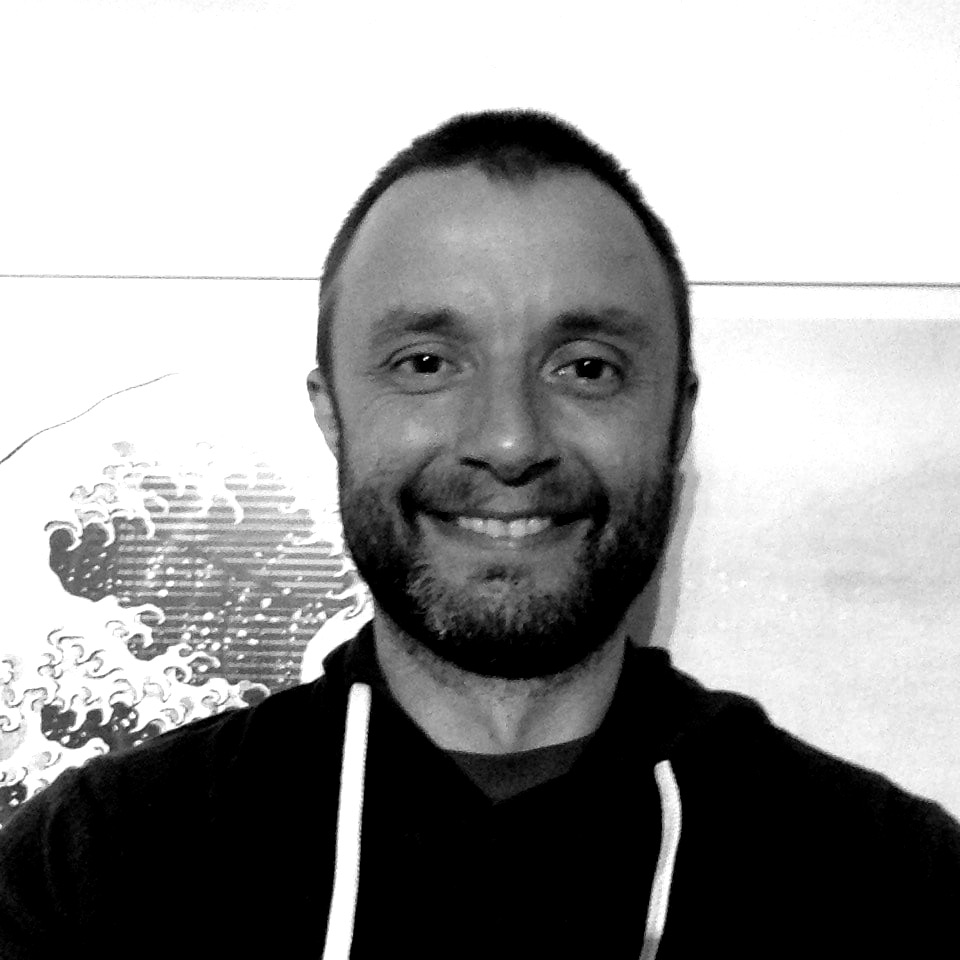
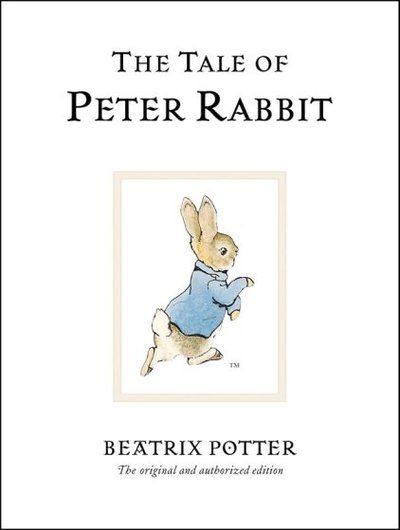
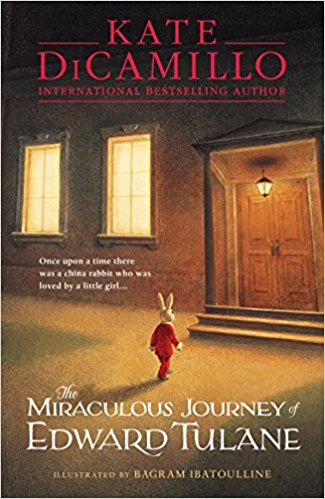
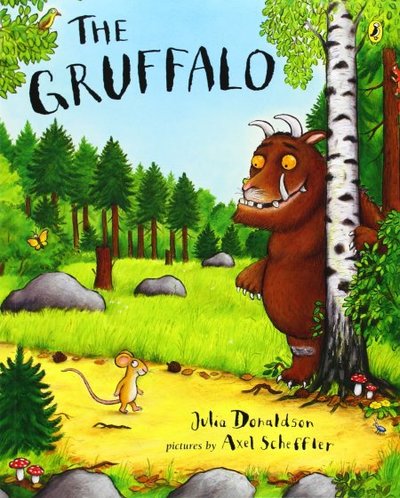
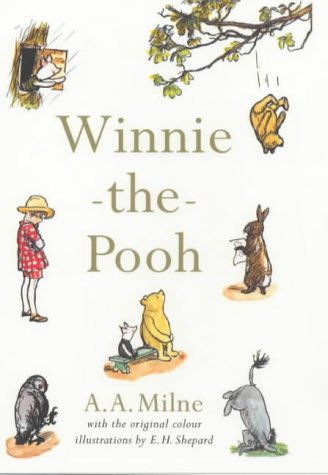
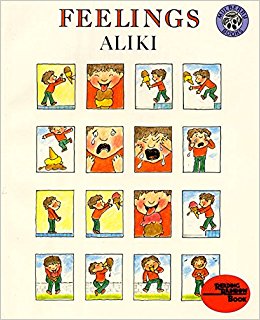
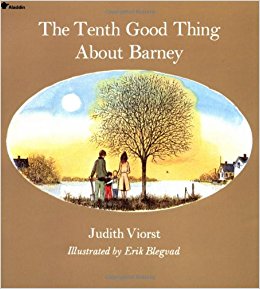
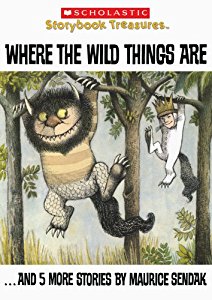
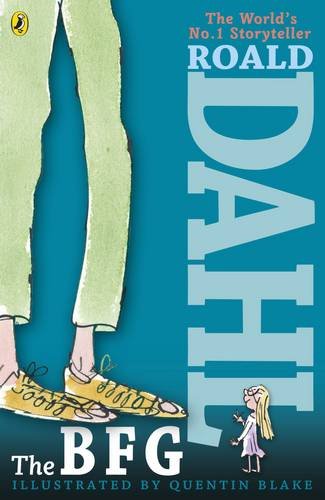
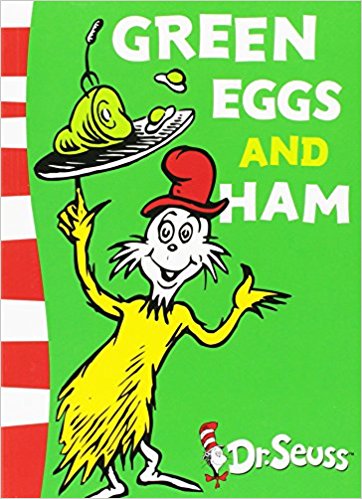
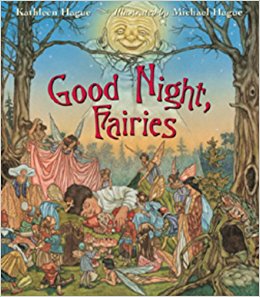
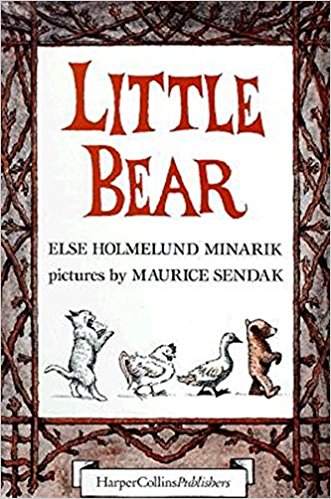
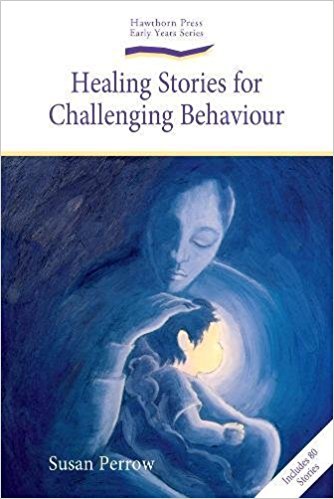
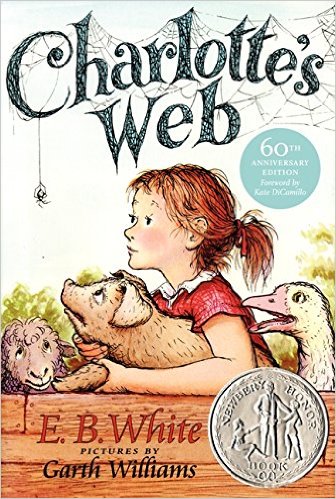
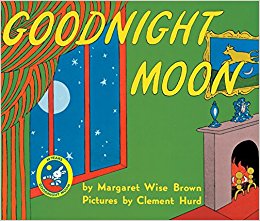
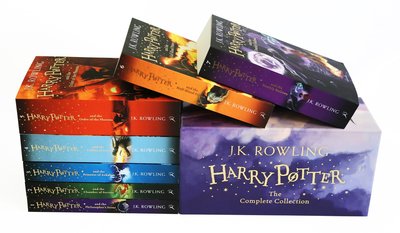
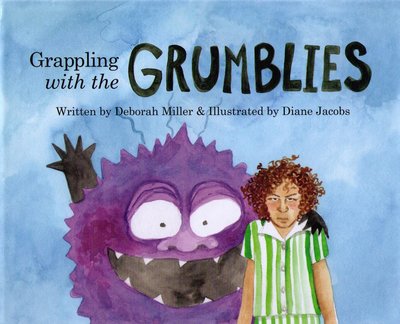
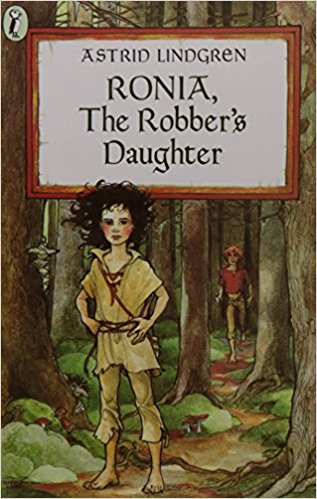
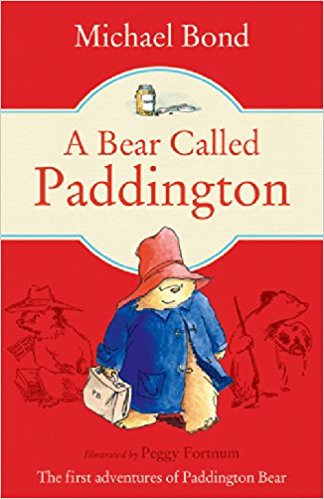
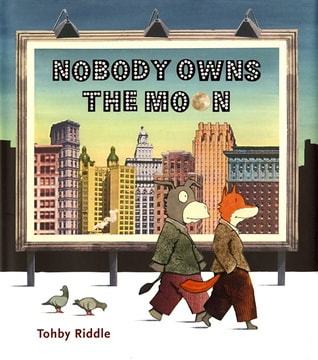
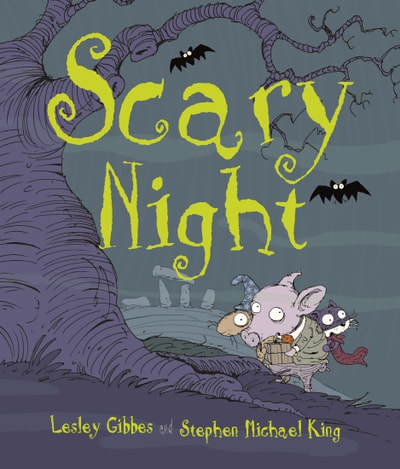
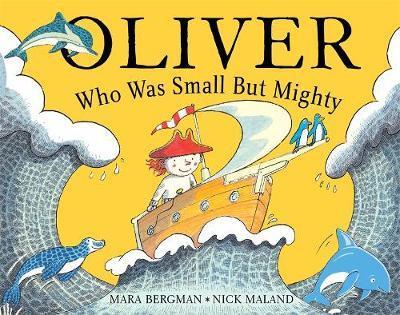
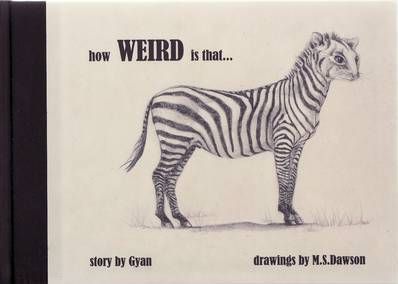
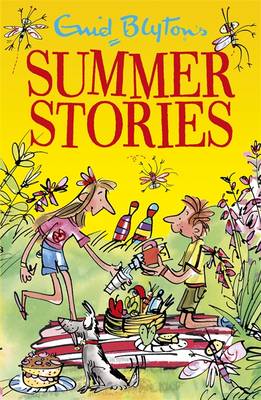

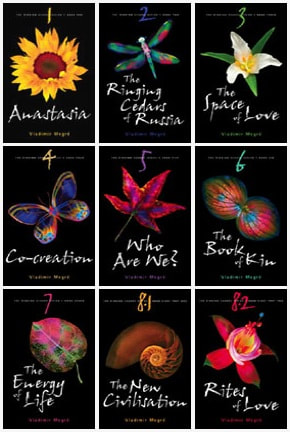

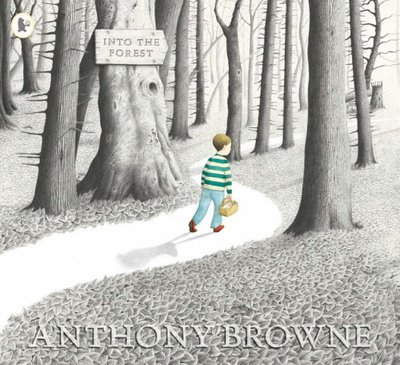
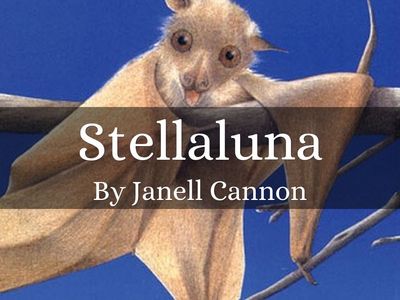
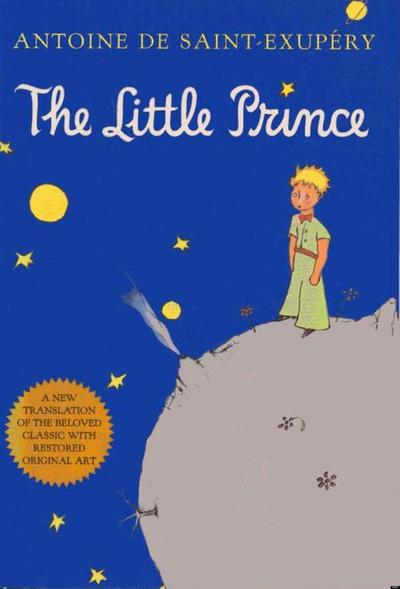
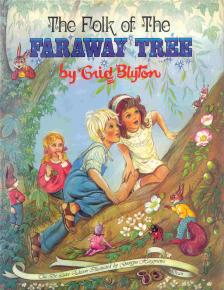
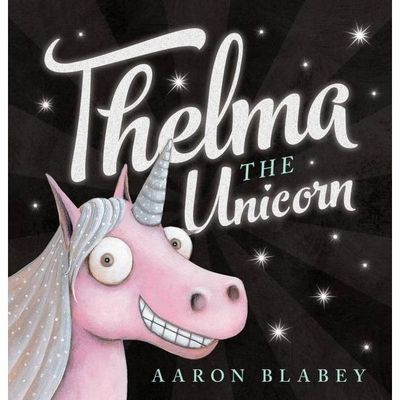
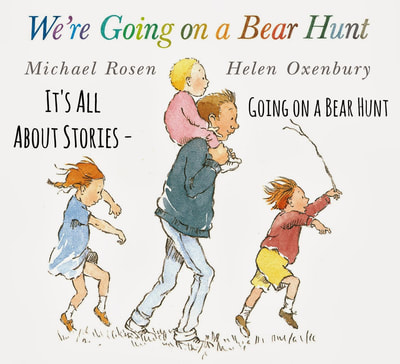
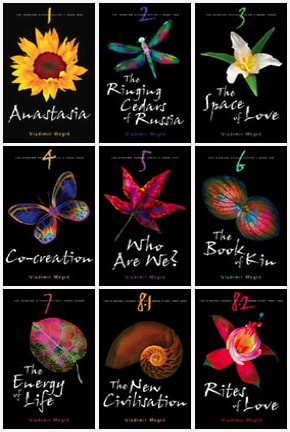

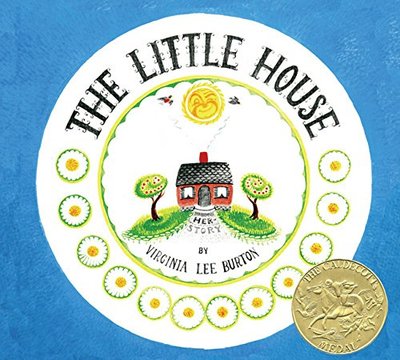
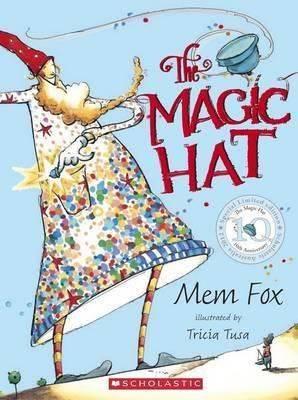
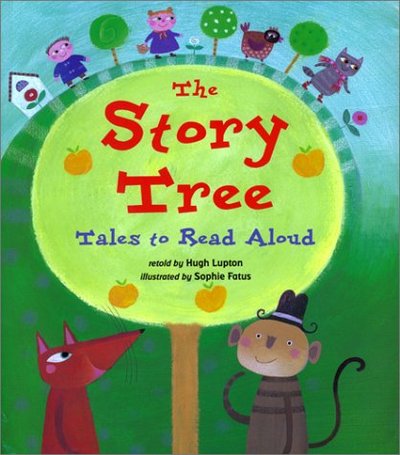
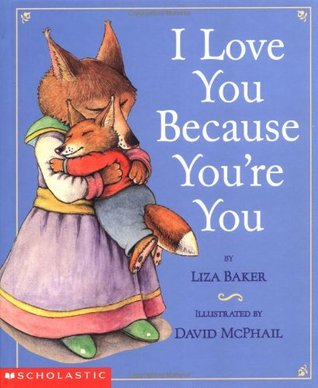
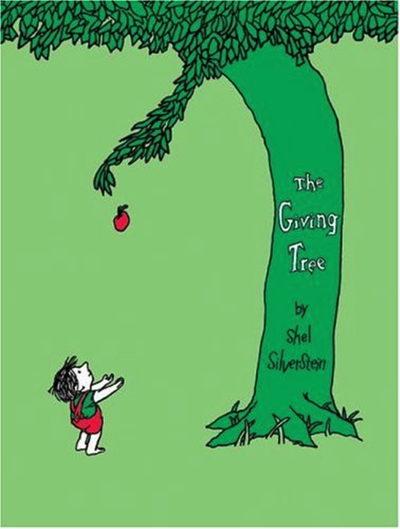
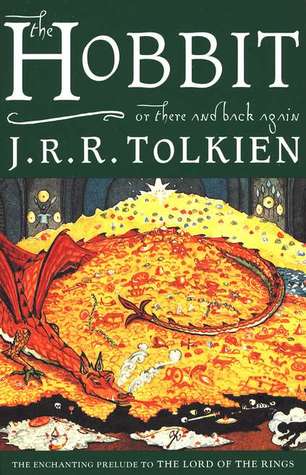
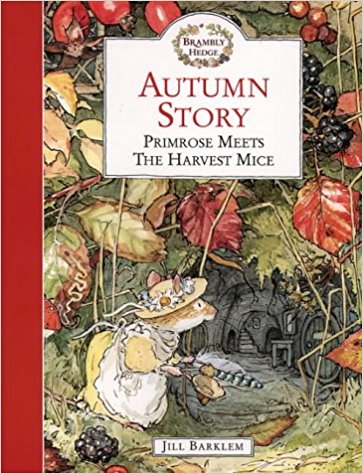
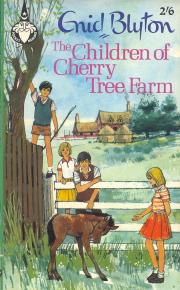
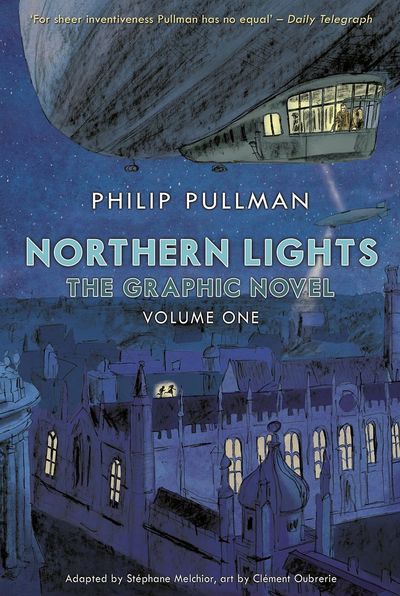
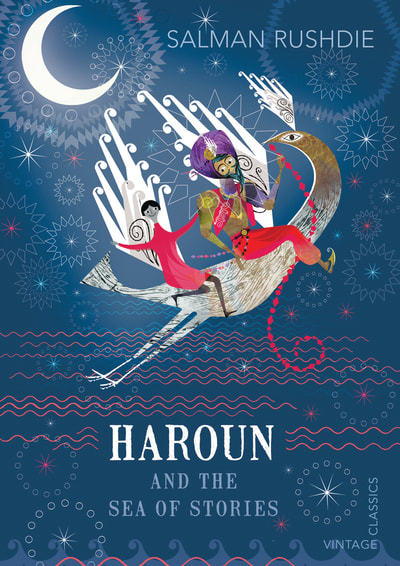
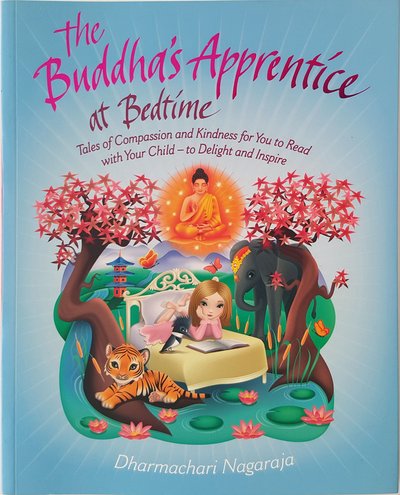
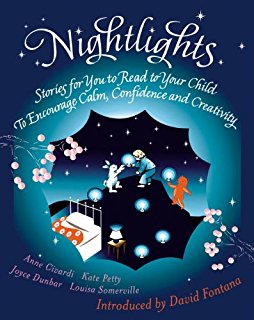
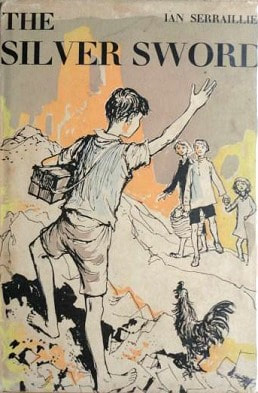
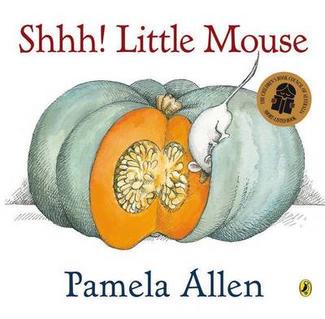

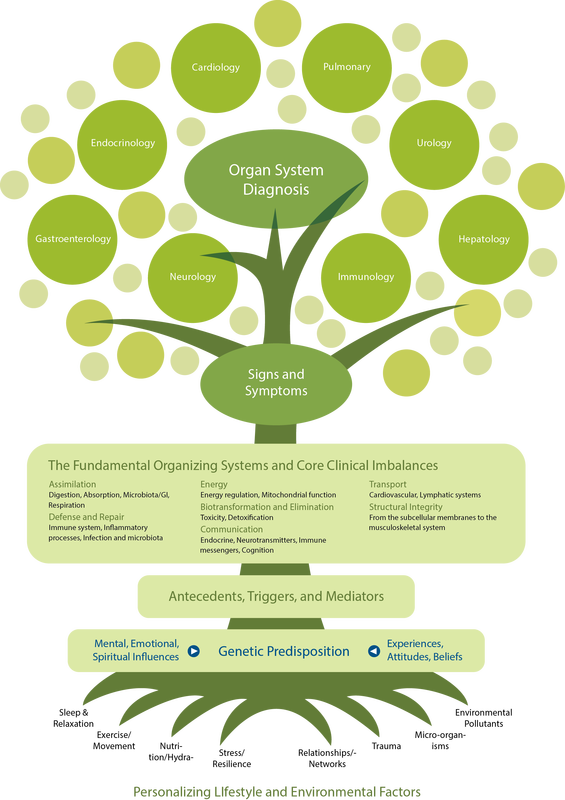
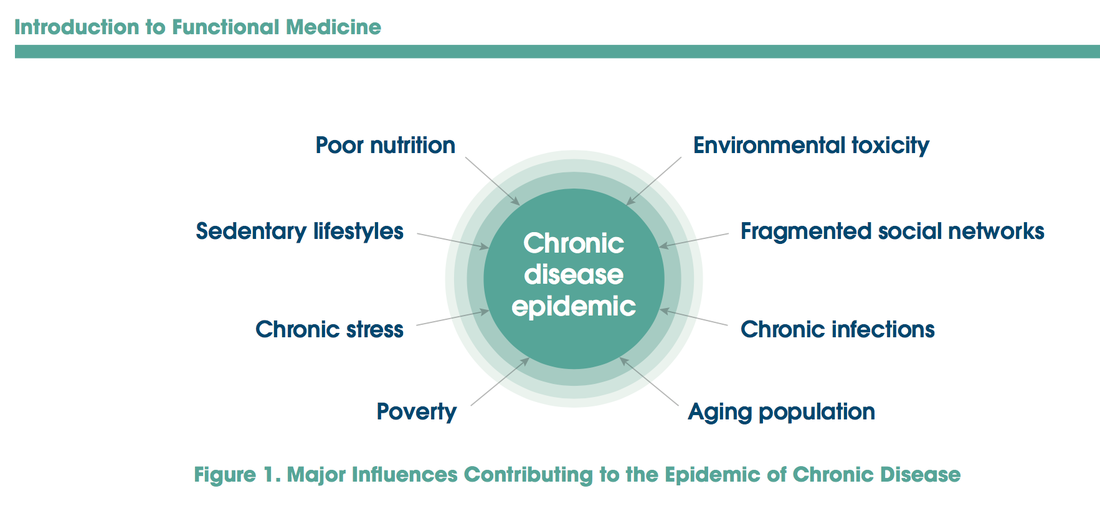
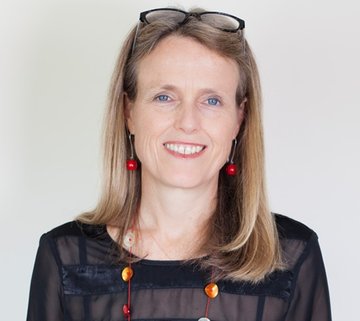
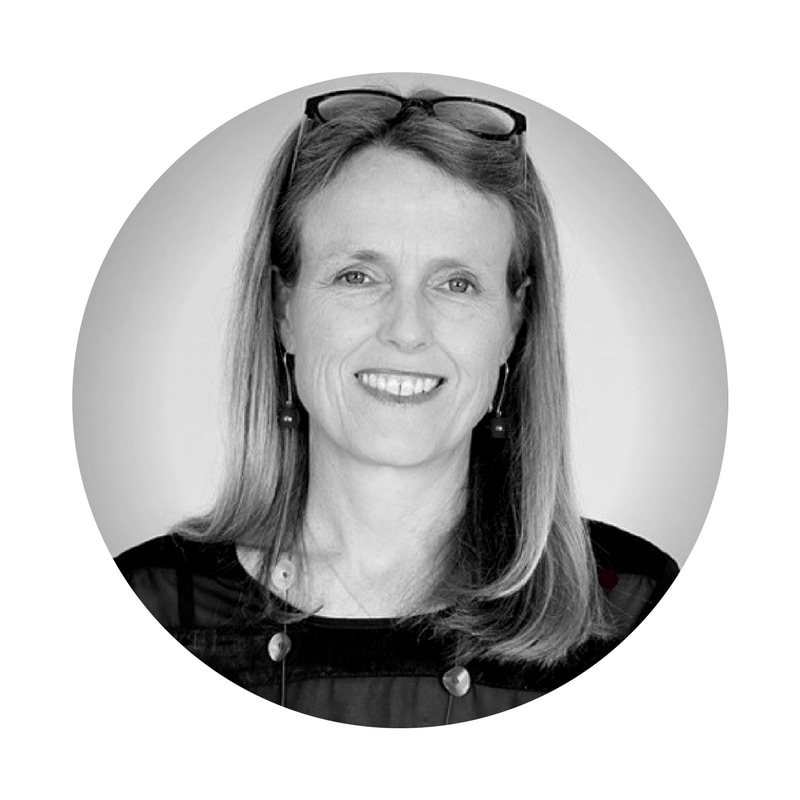
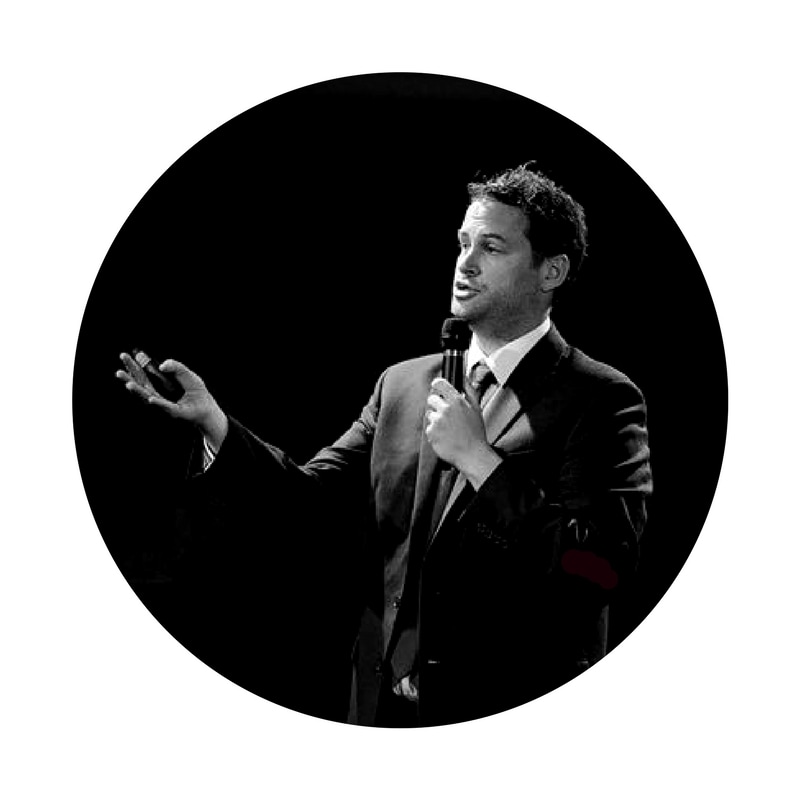
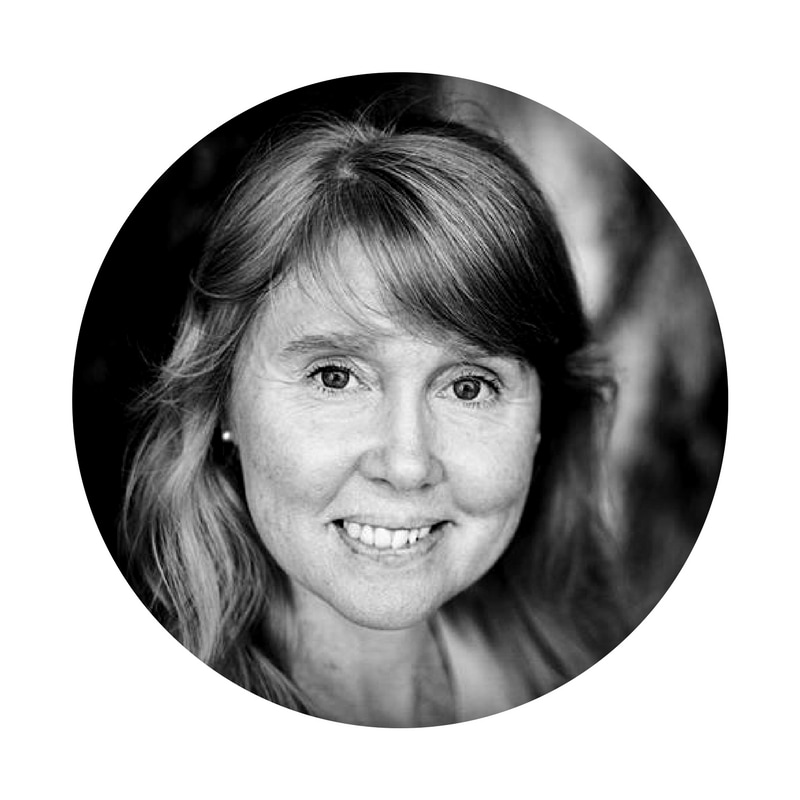
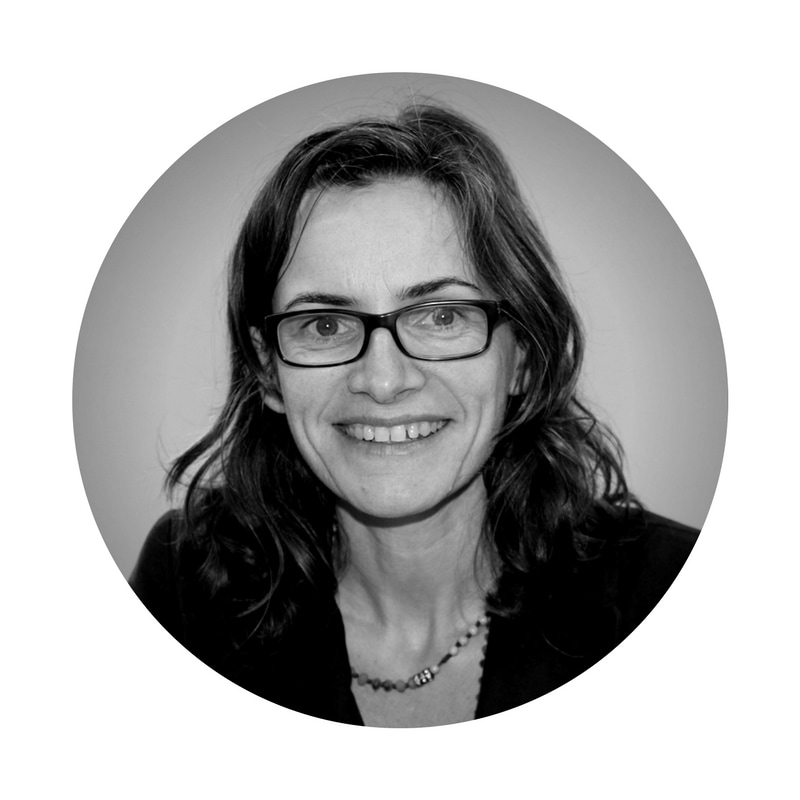
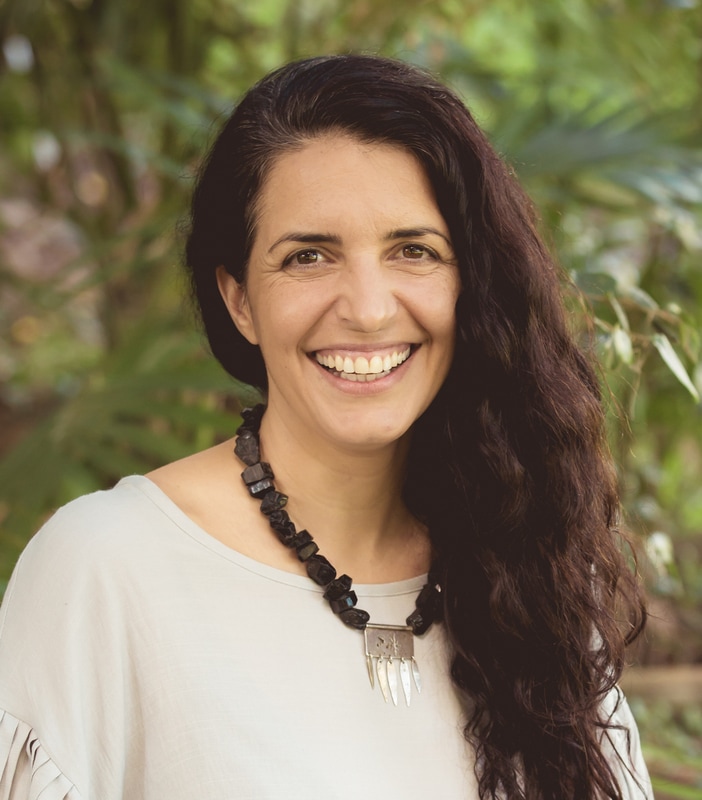

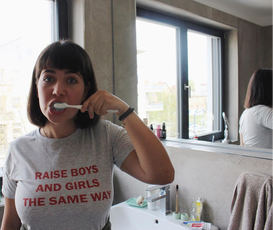
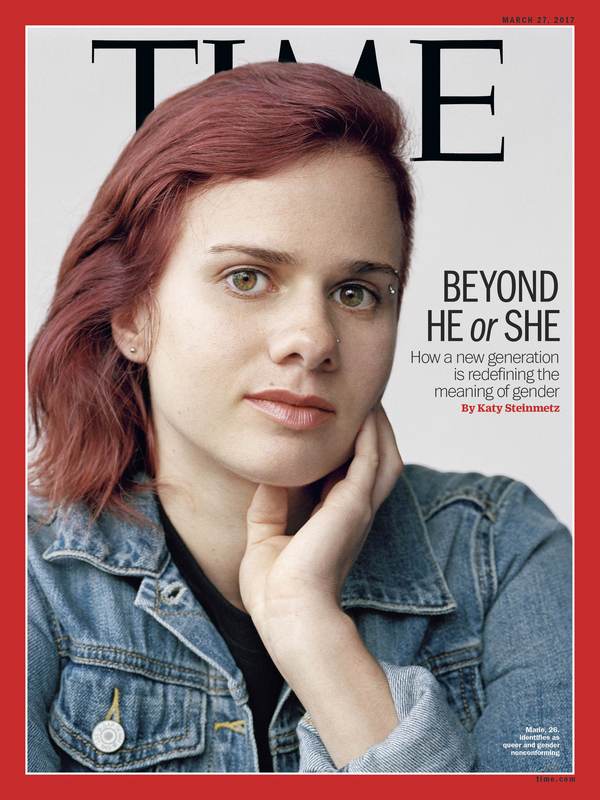
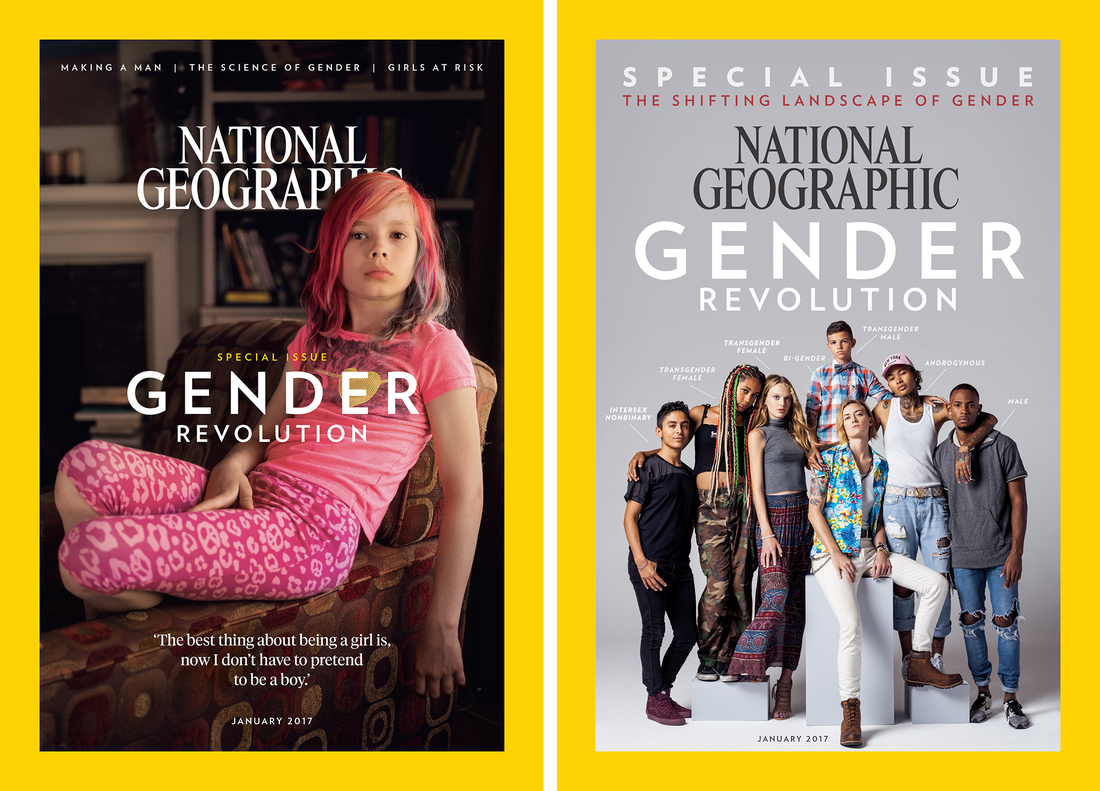
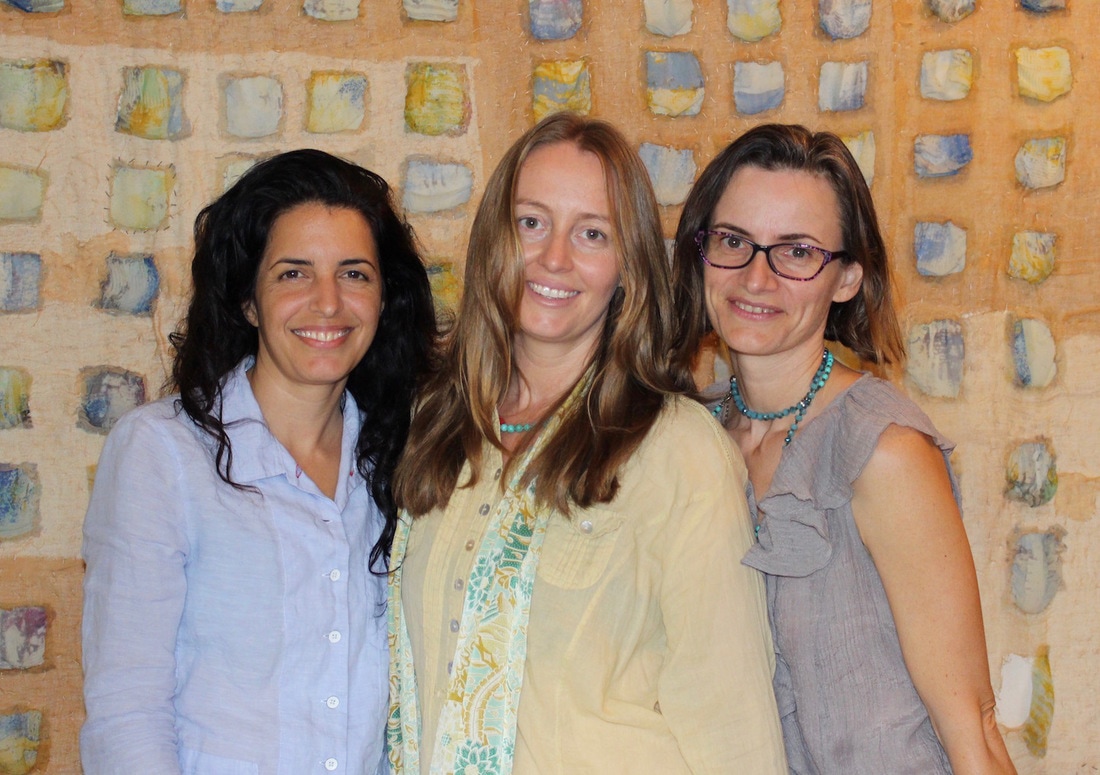
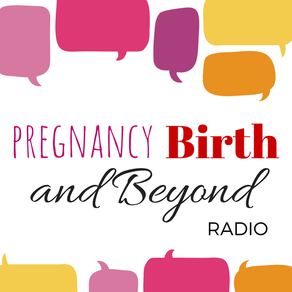

 RSS Feed
RSS Feed